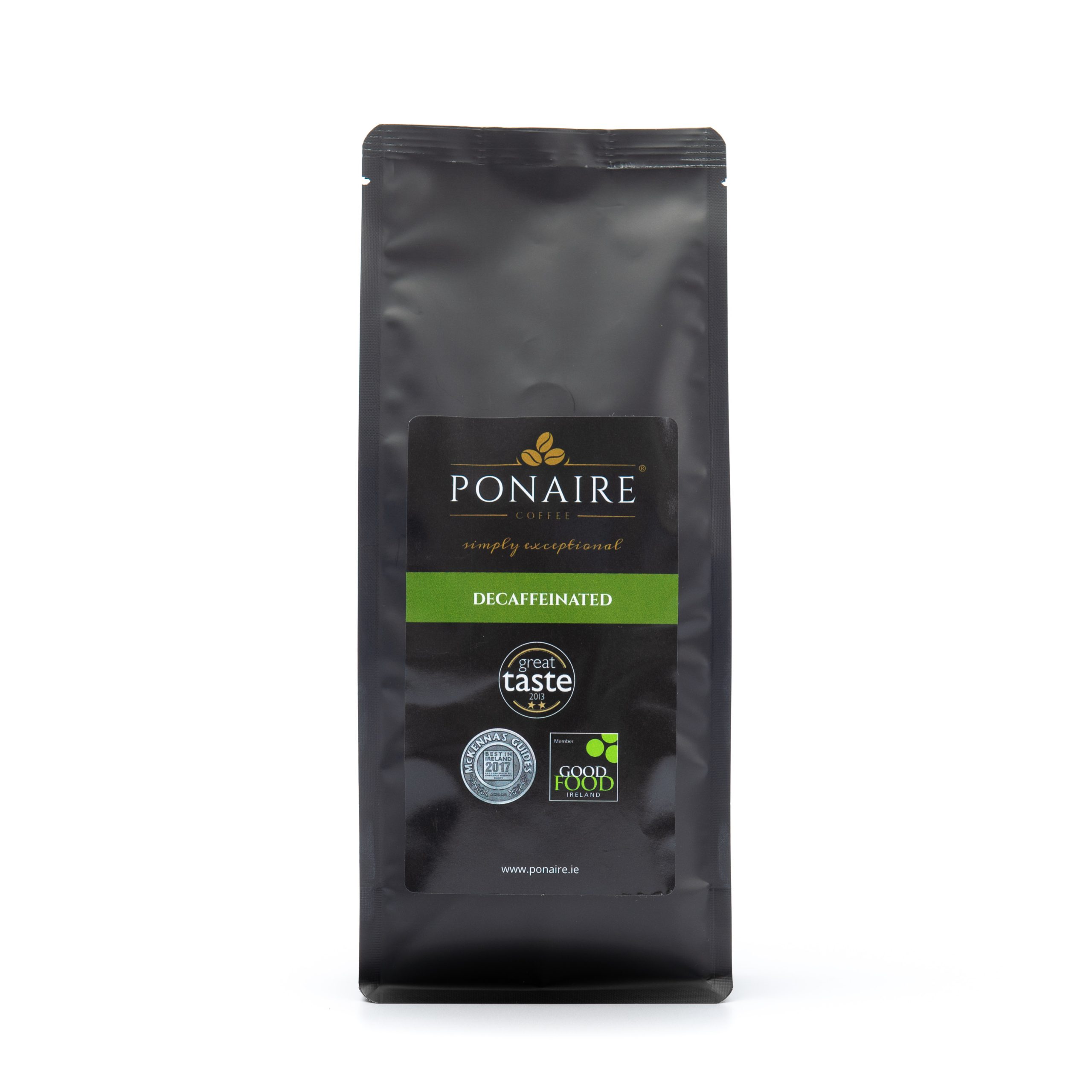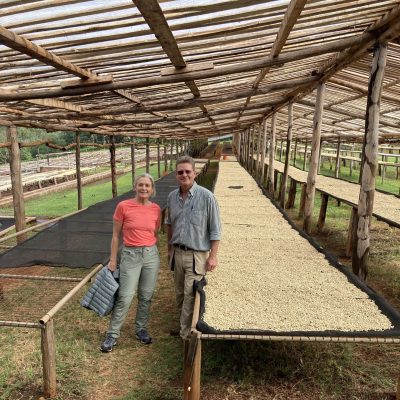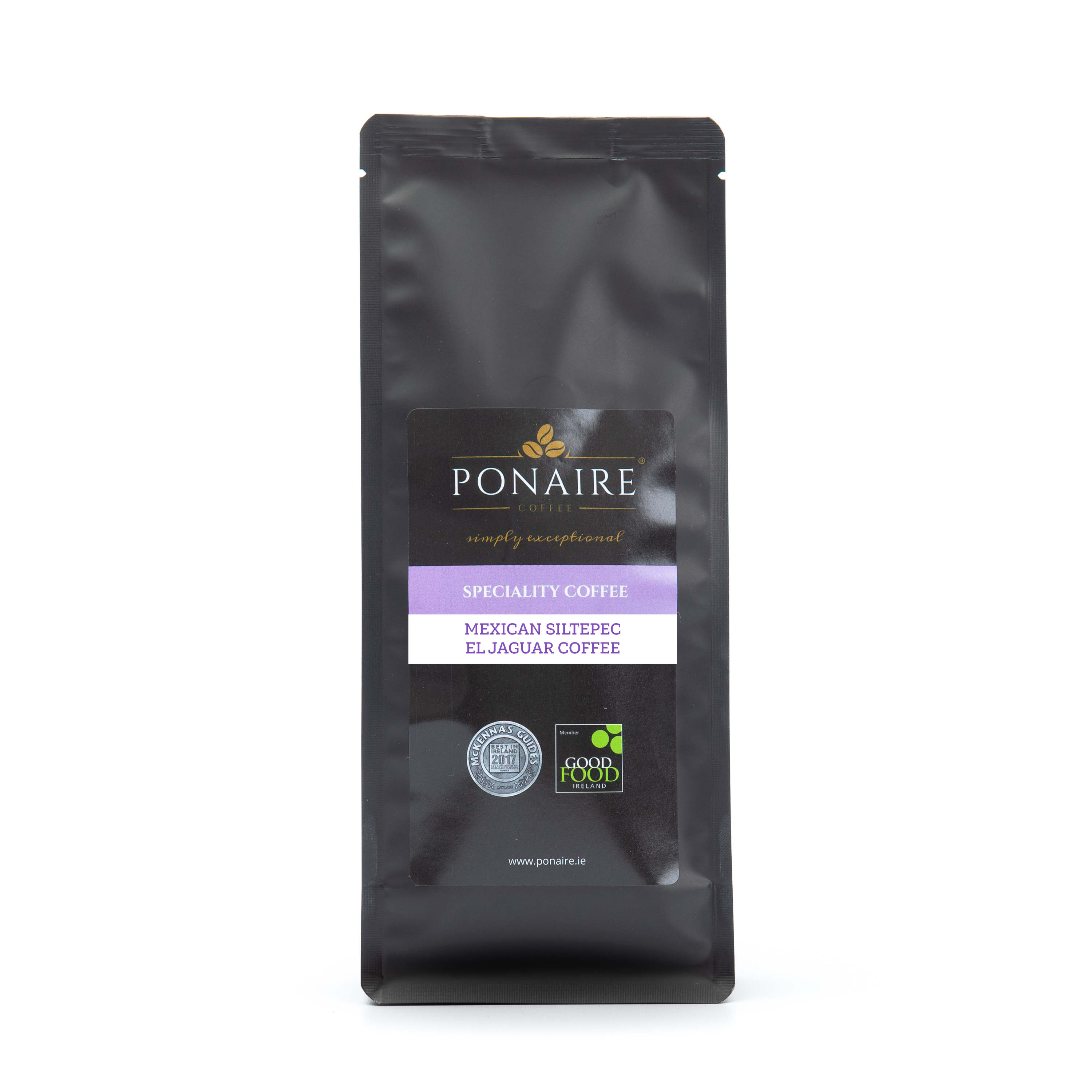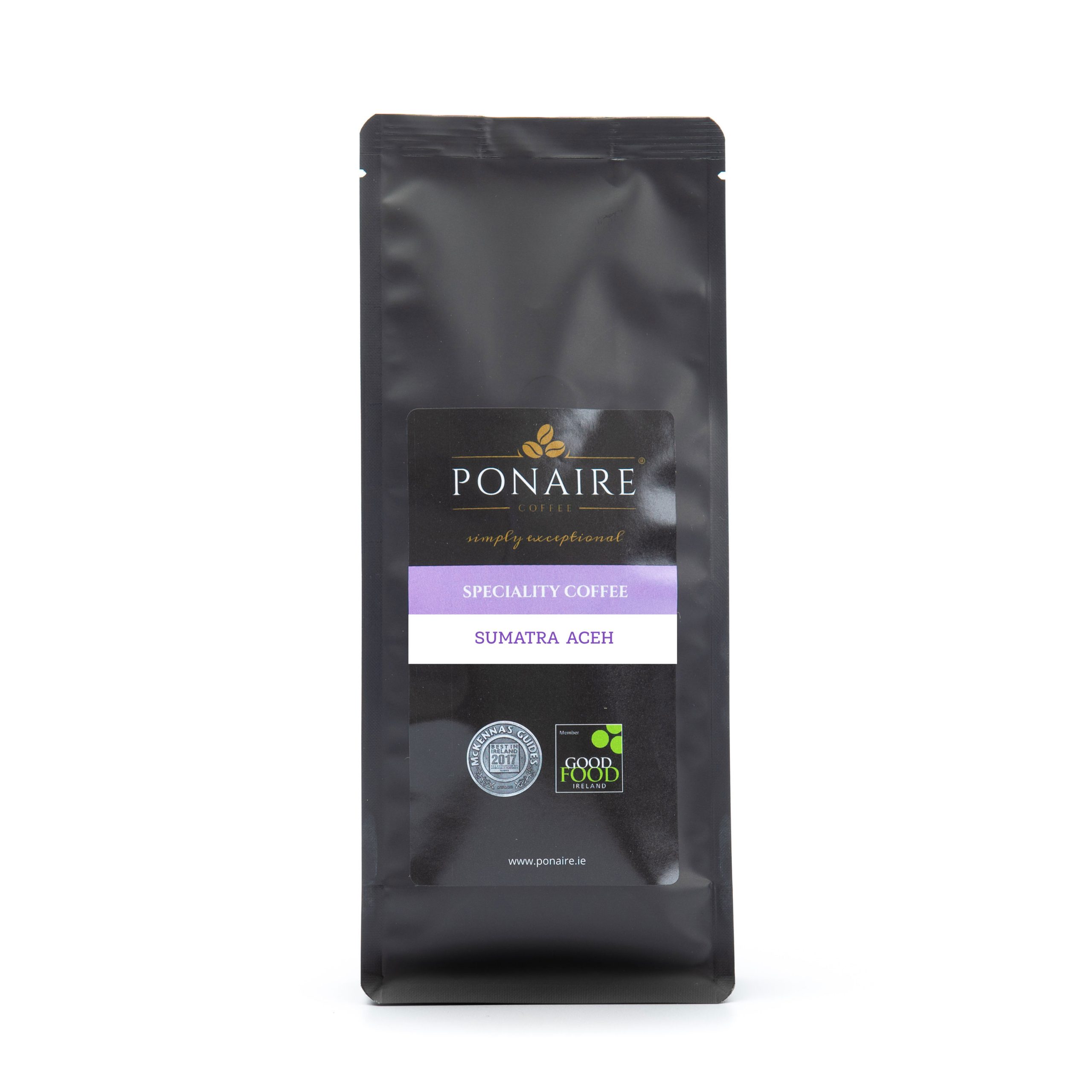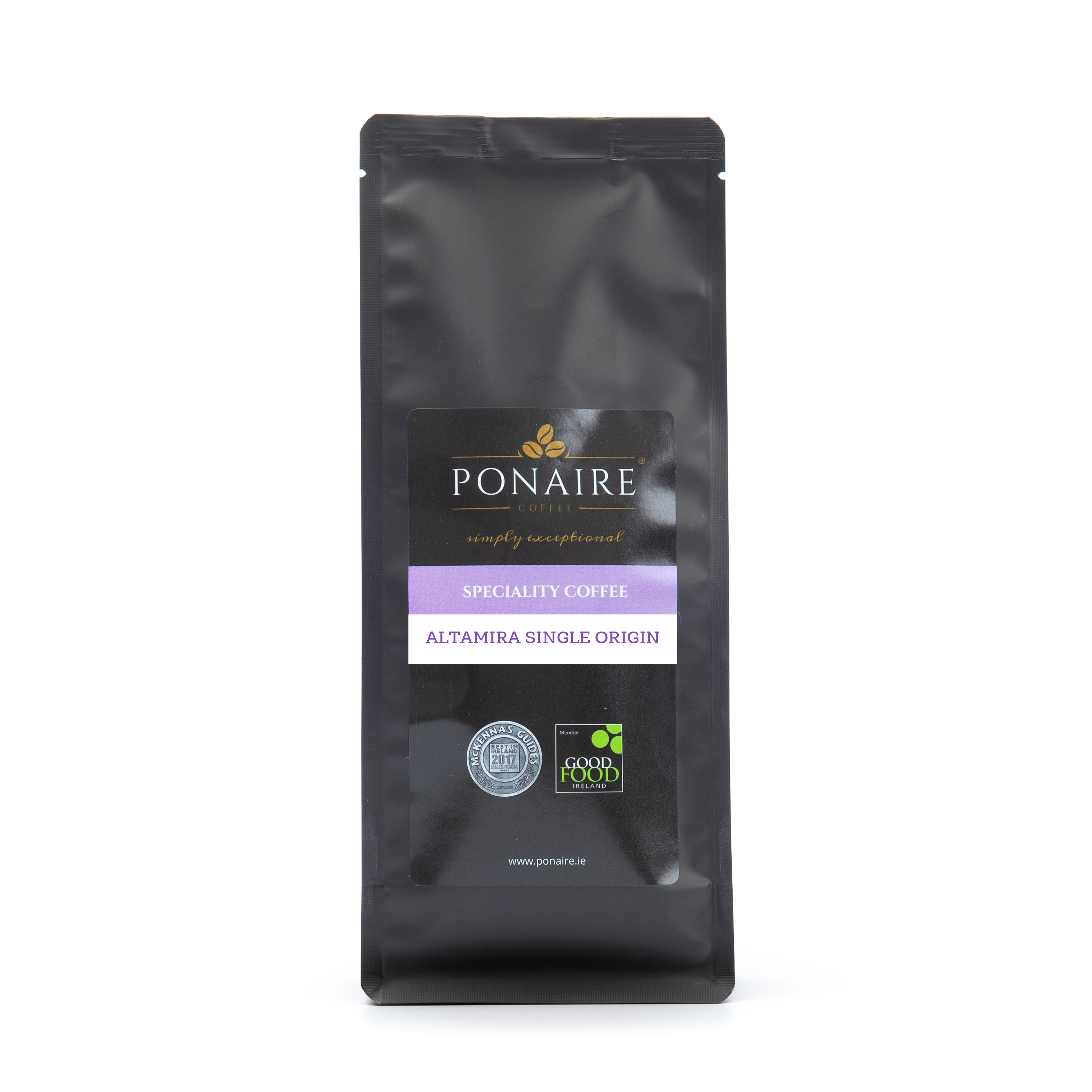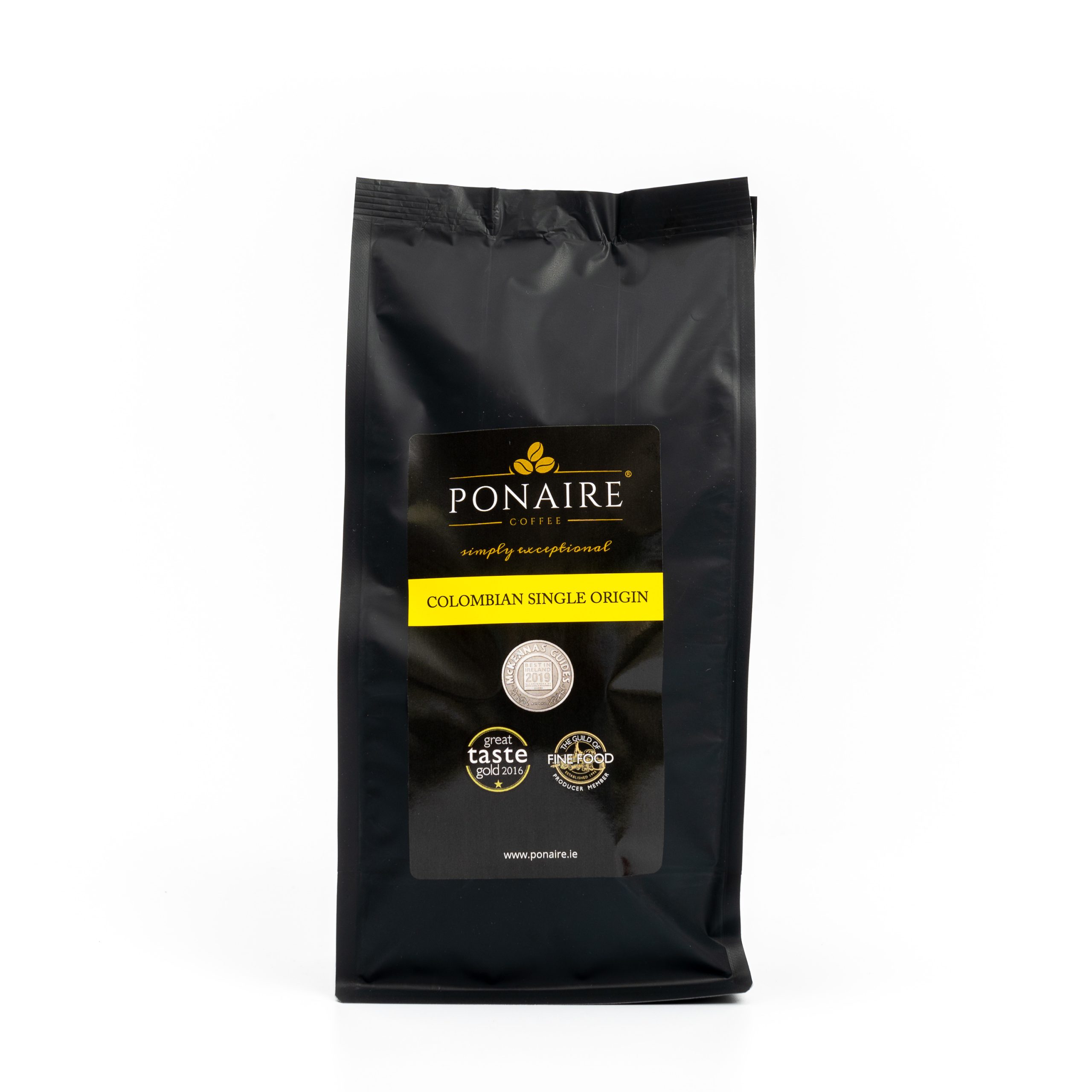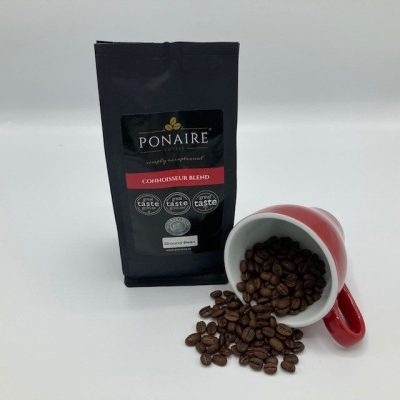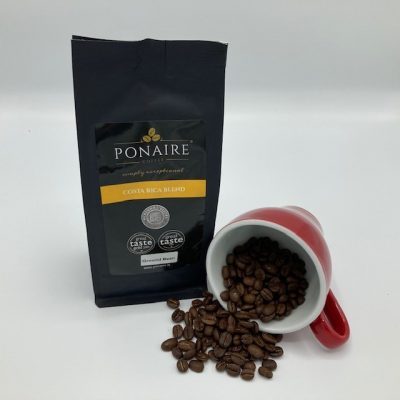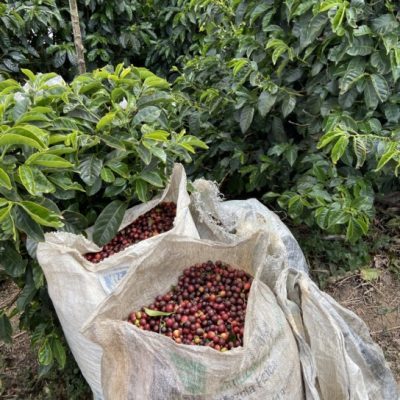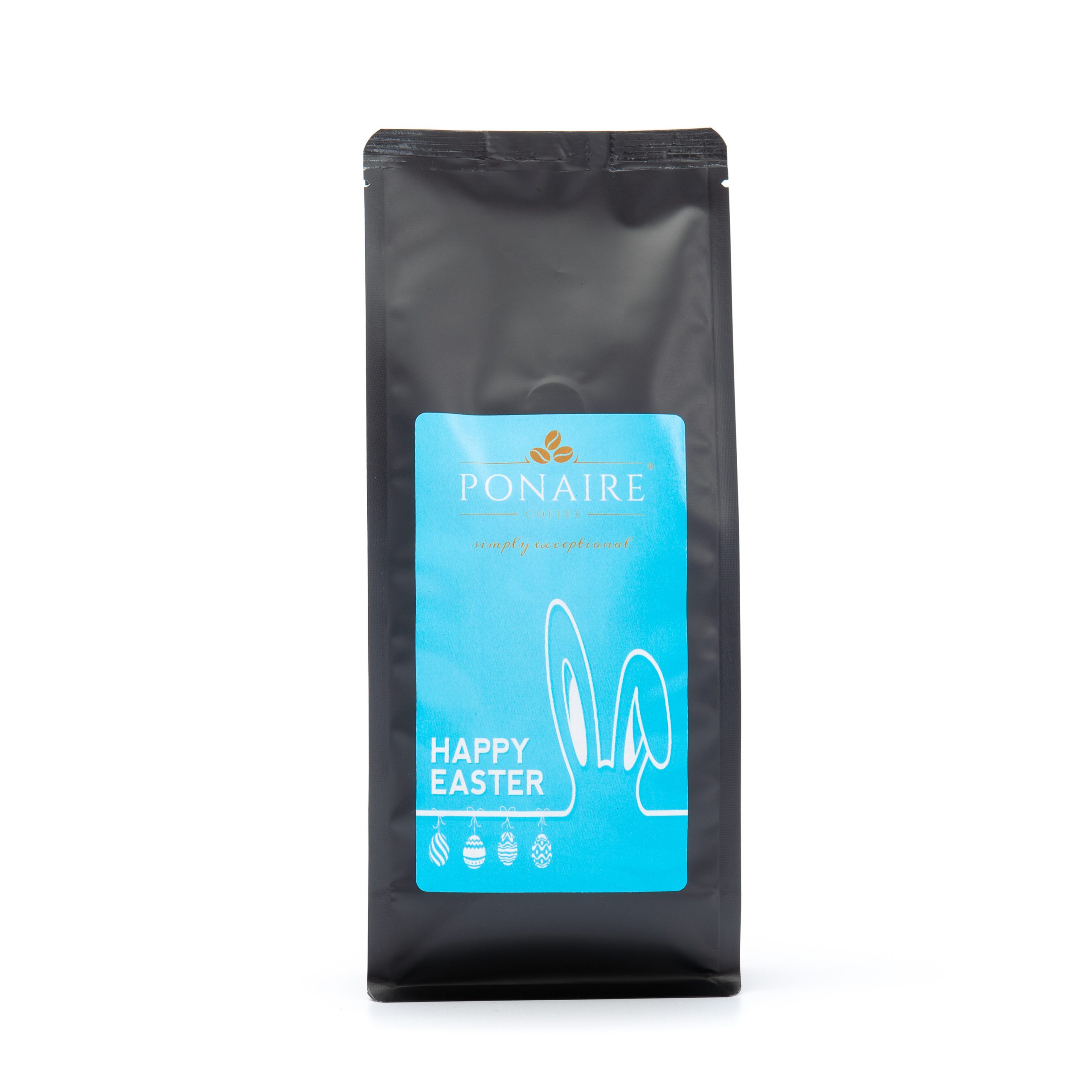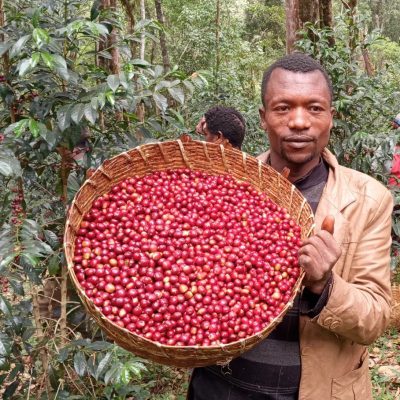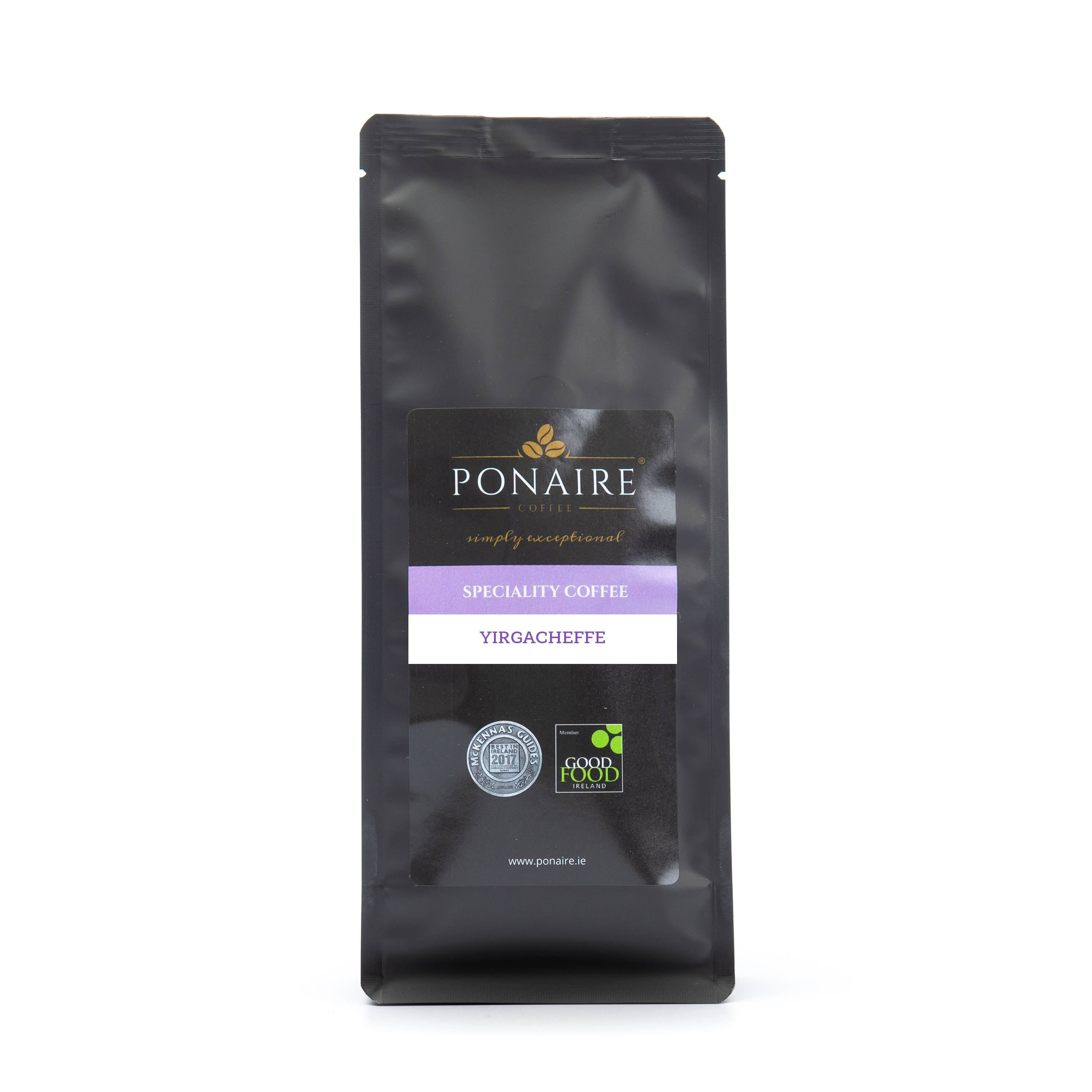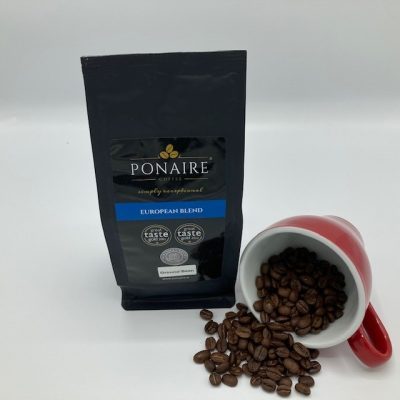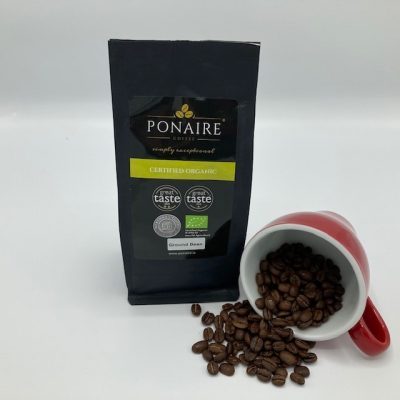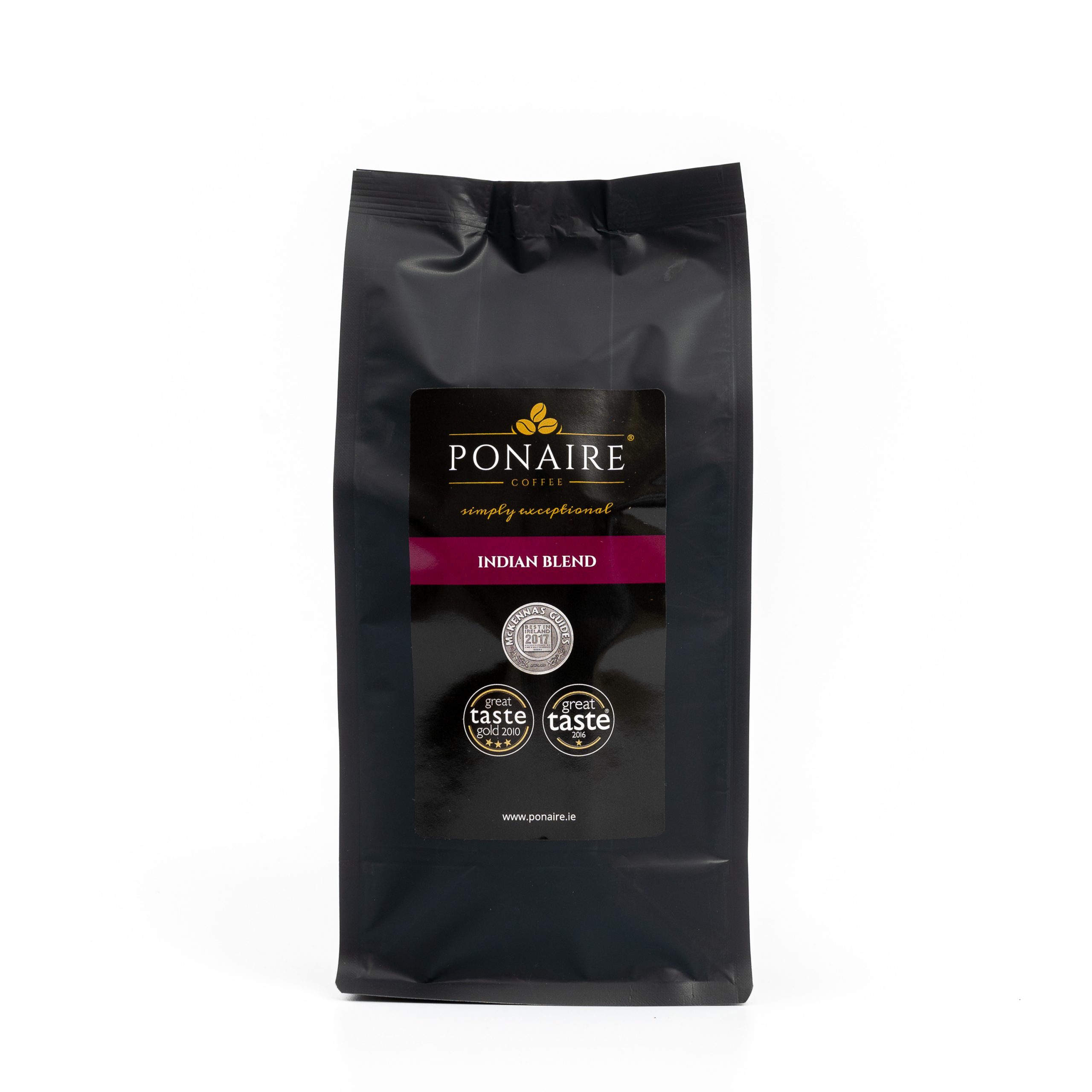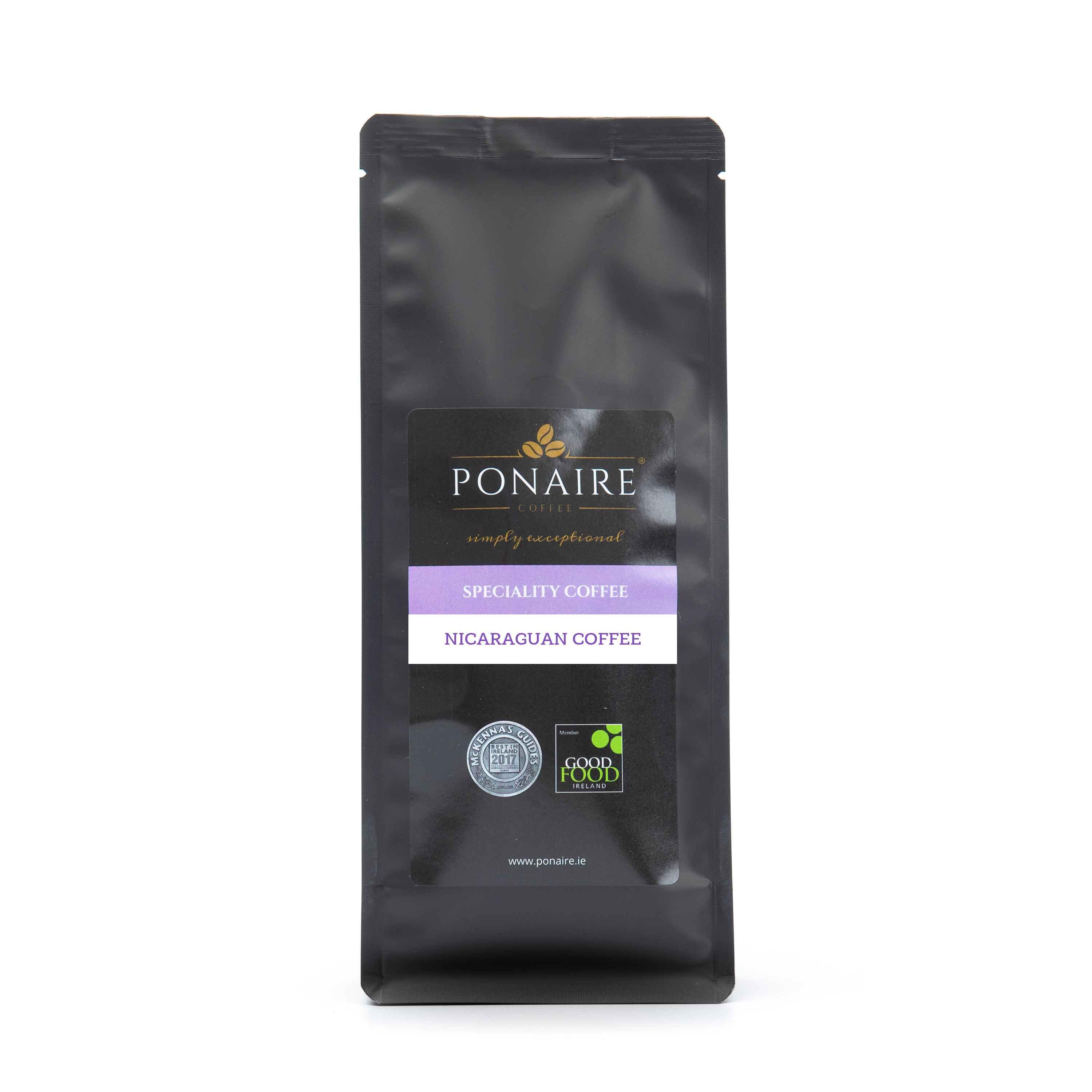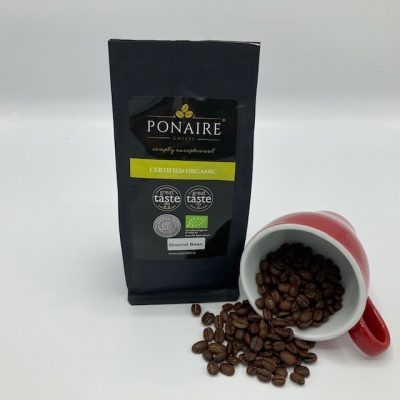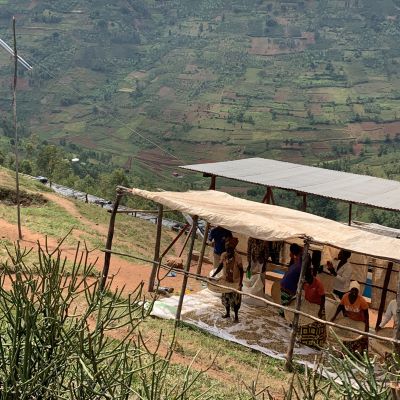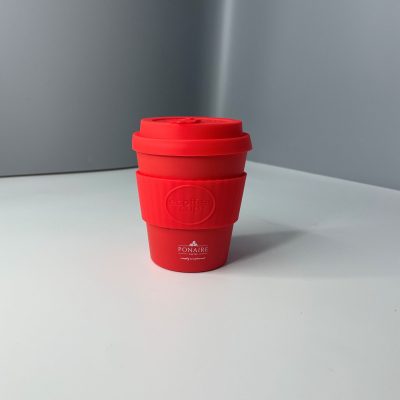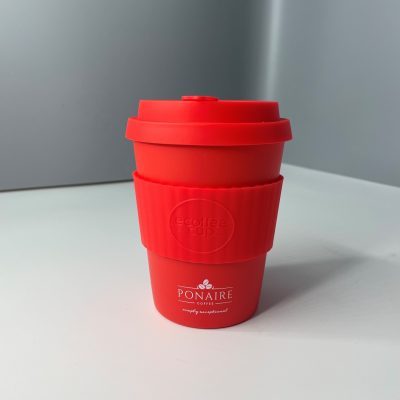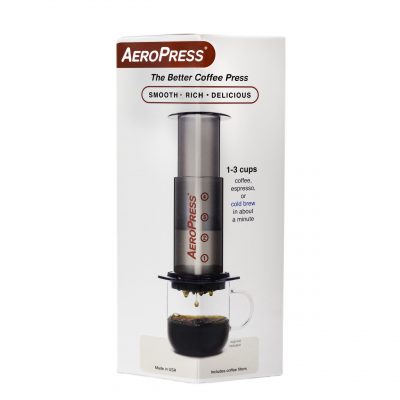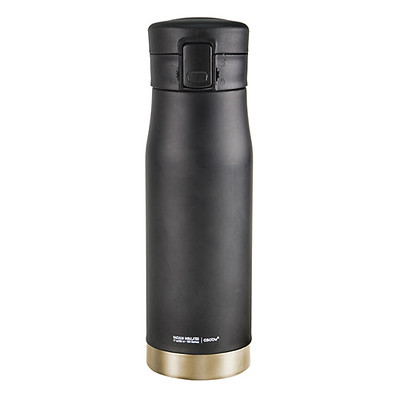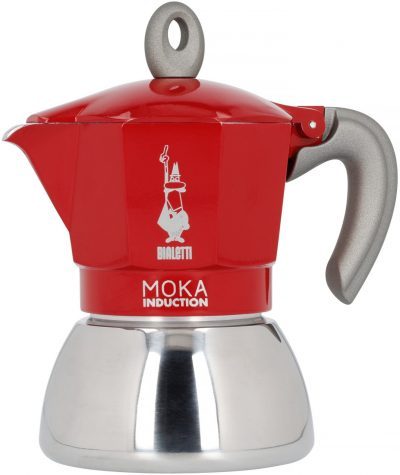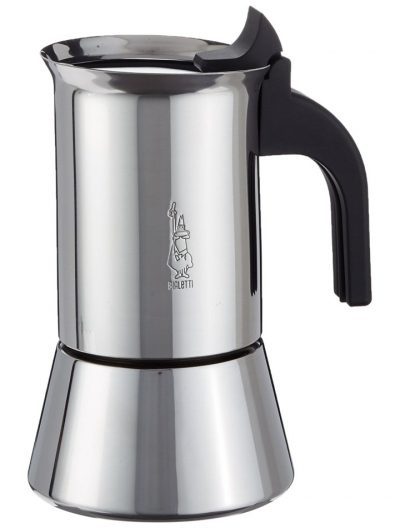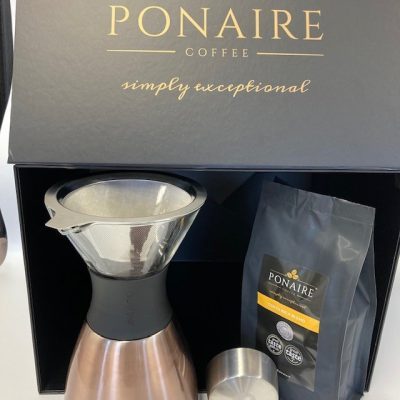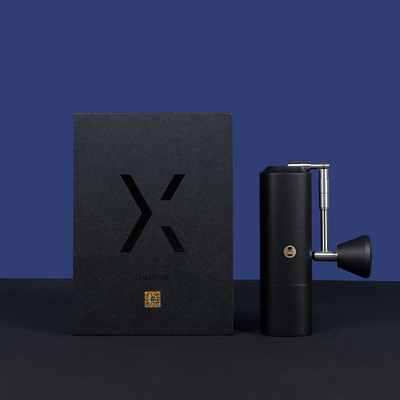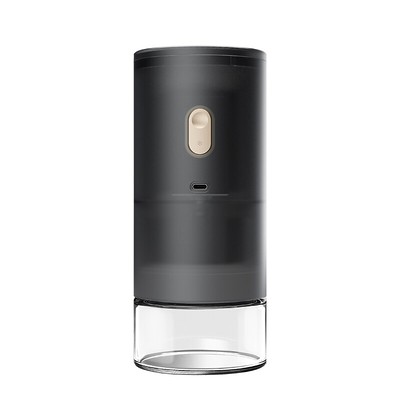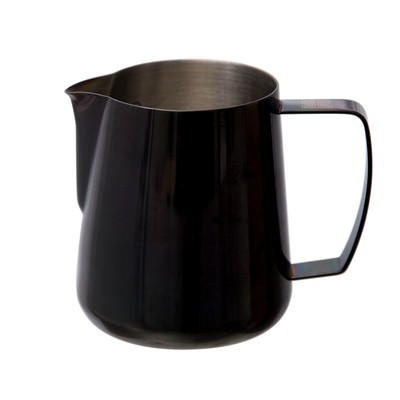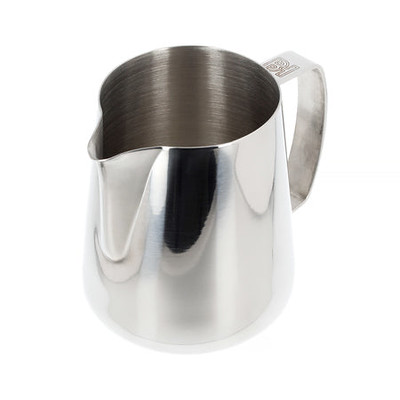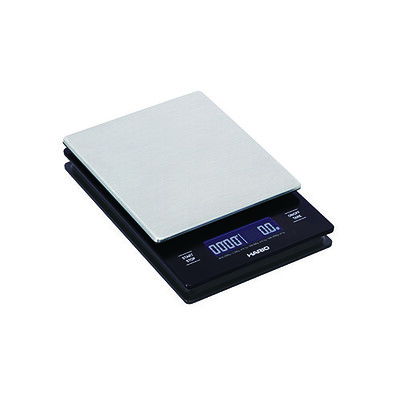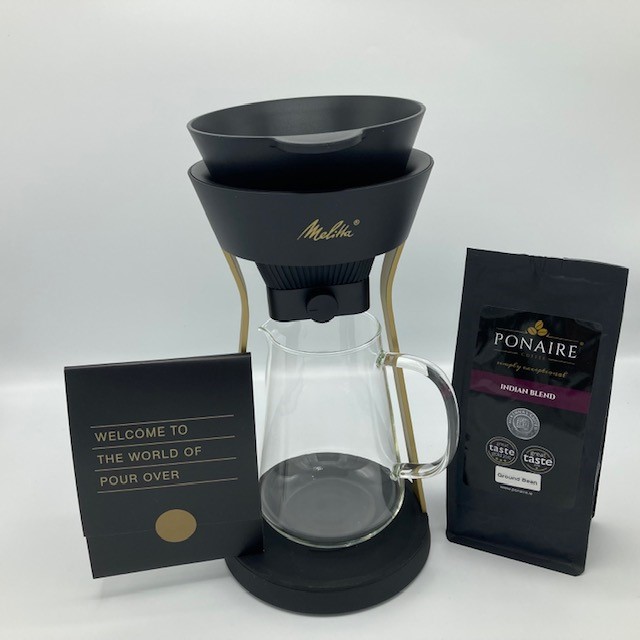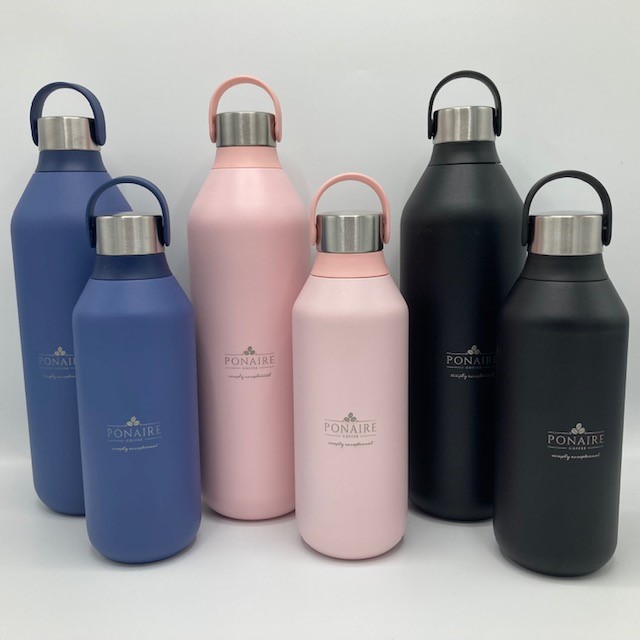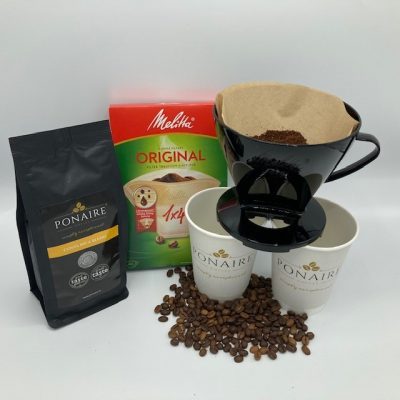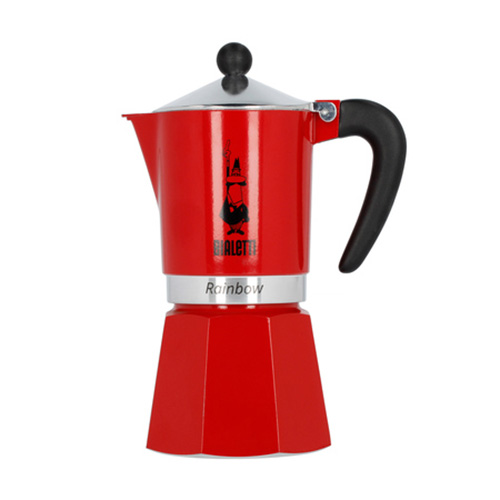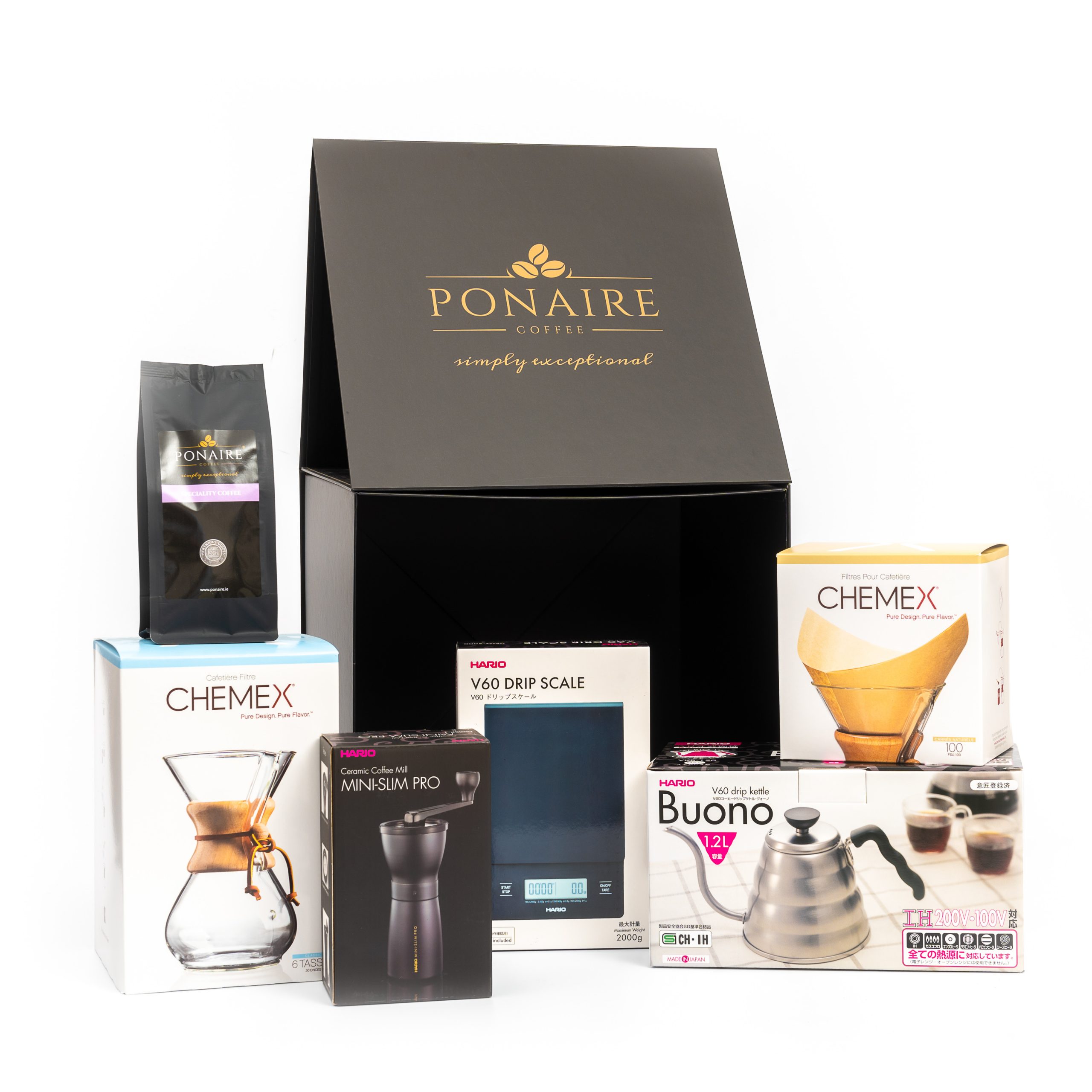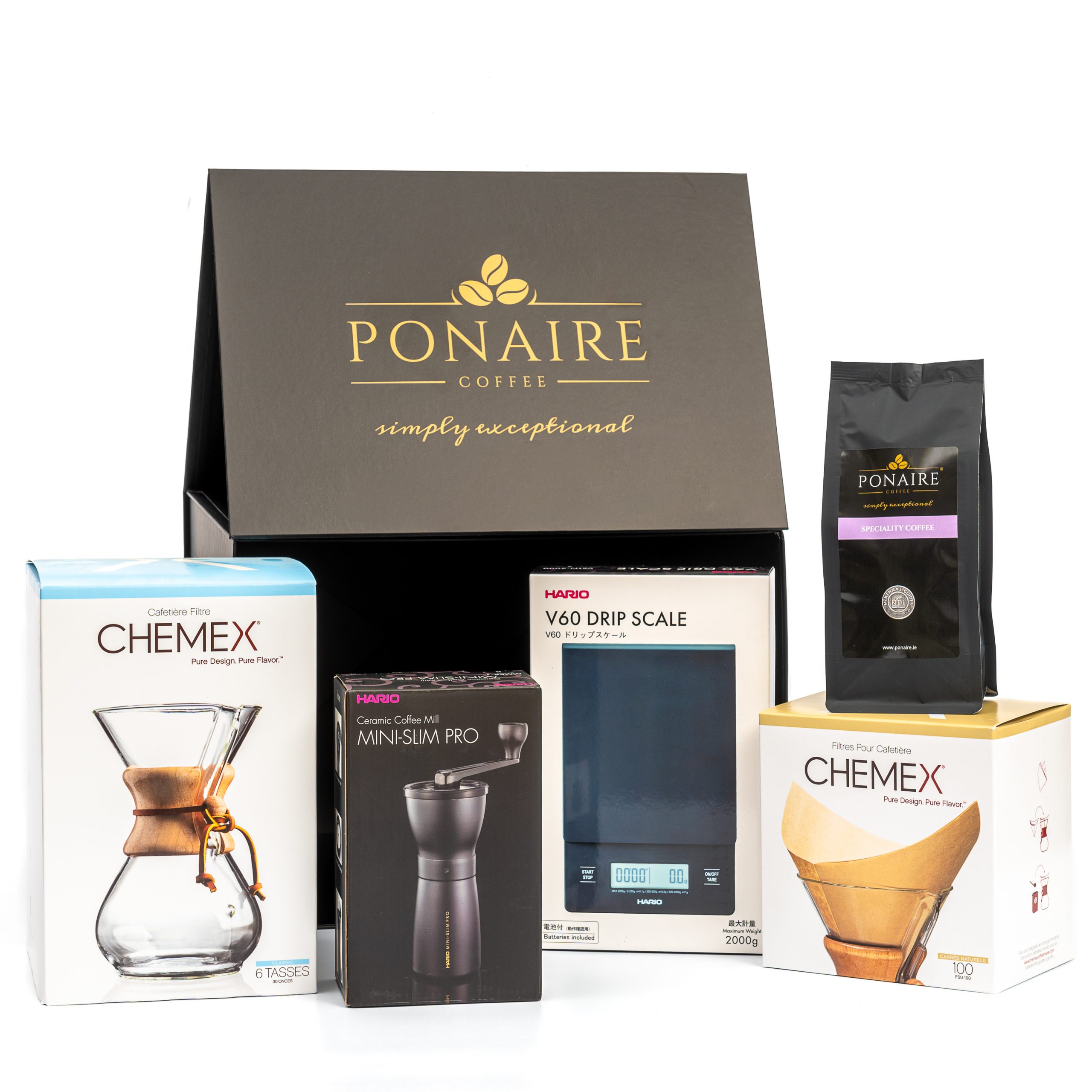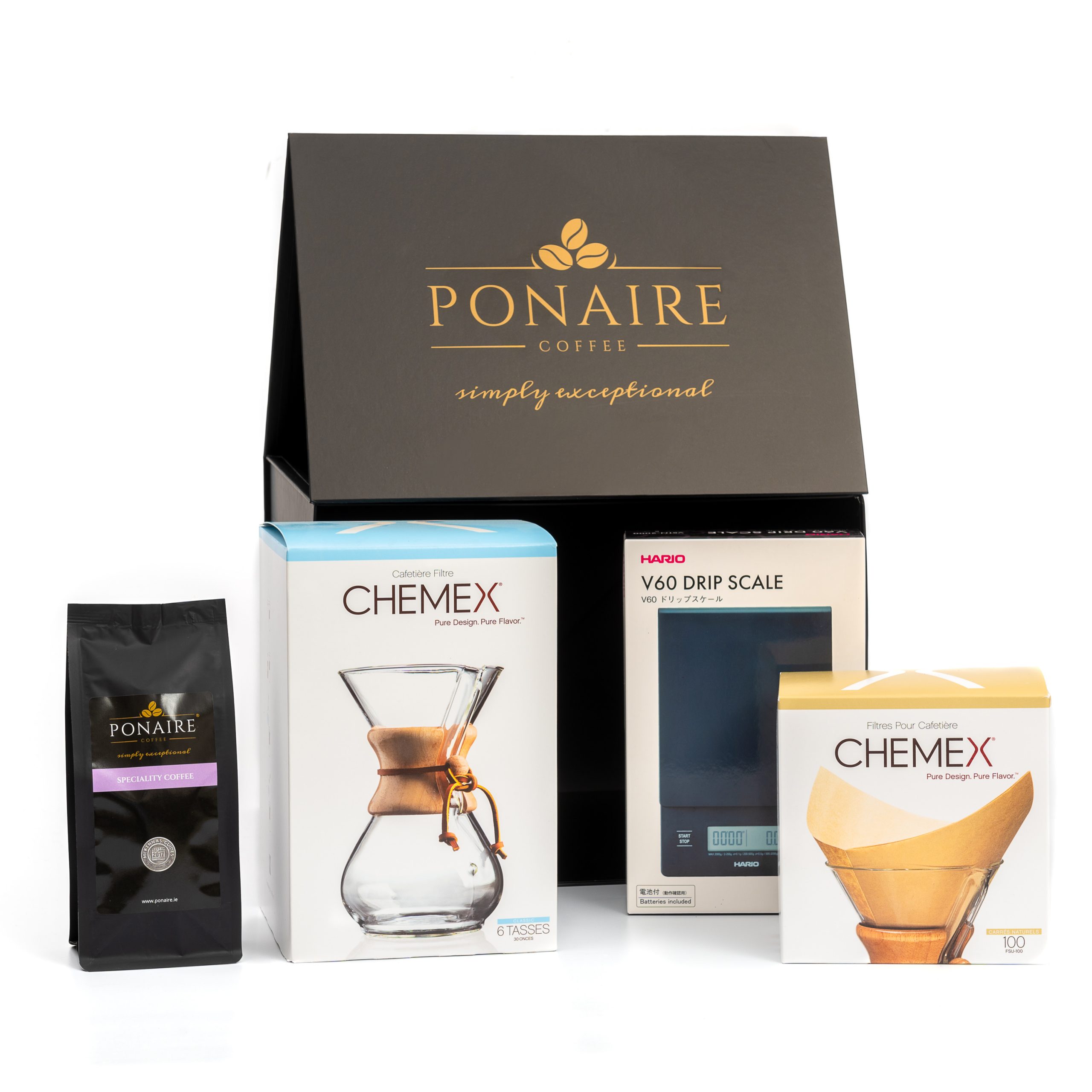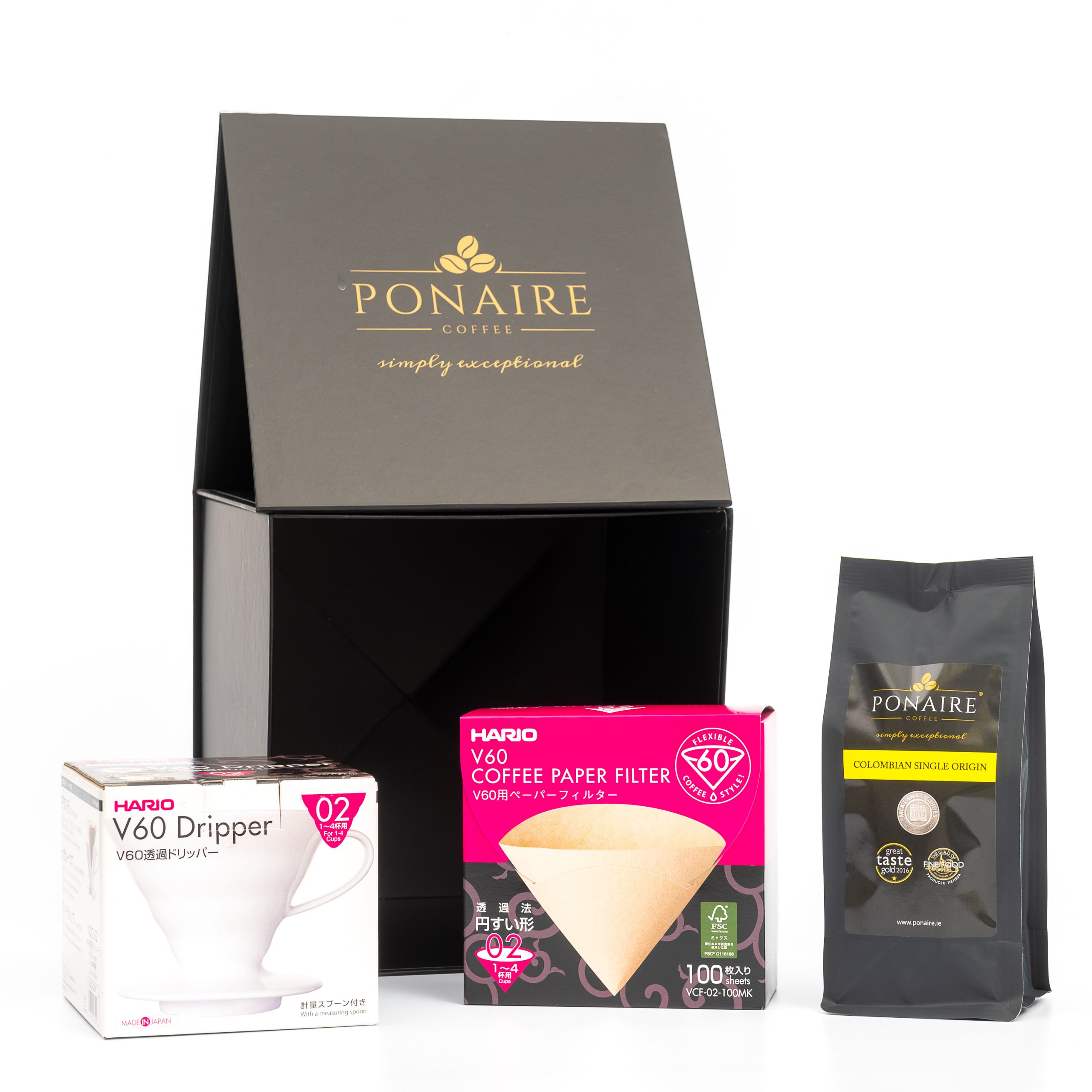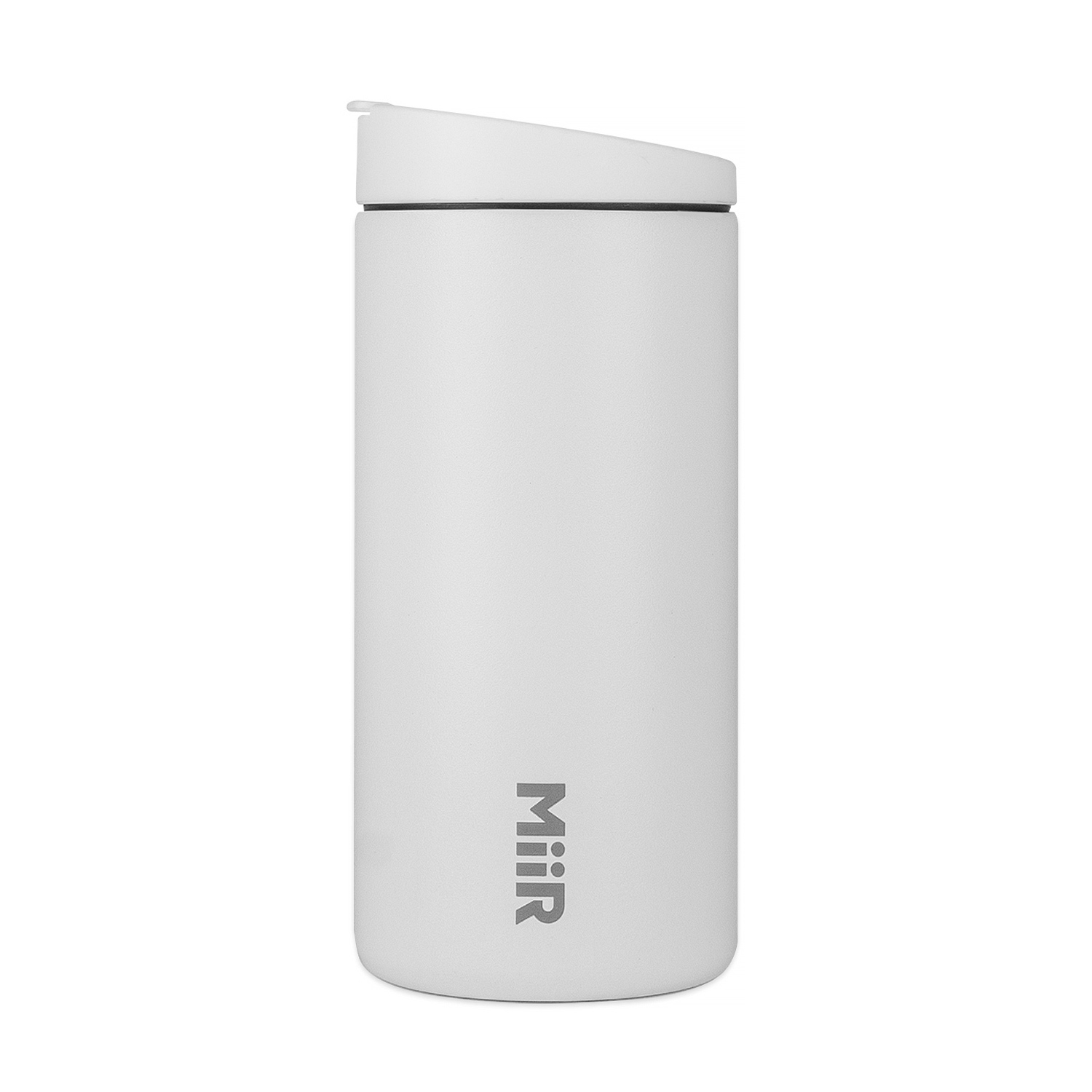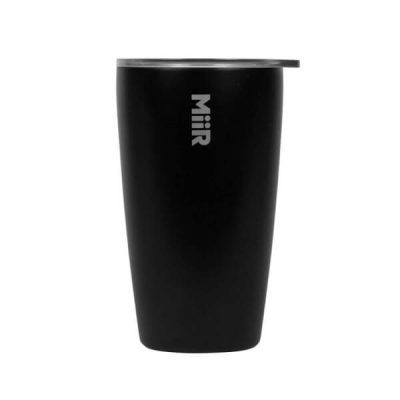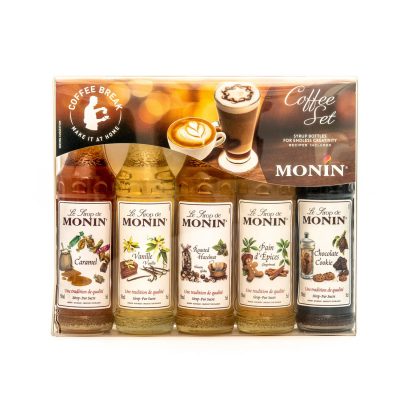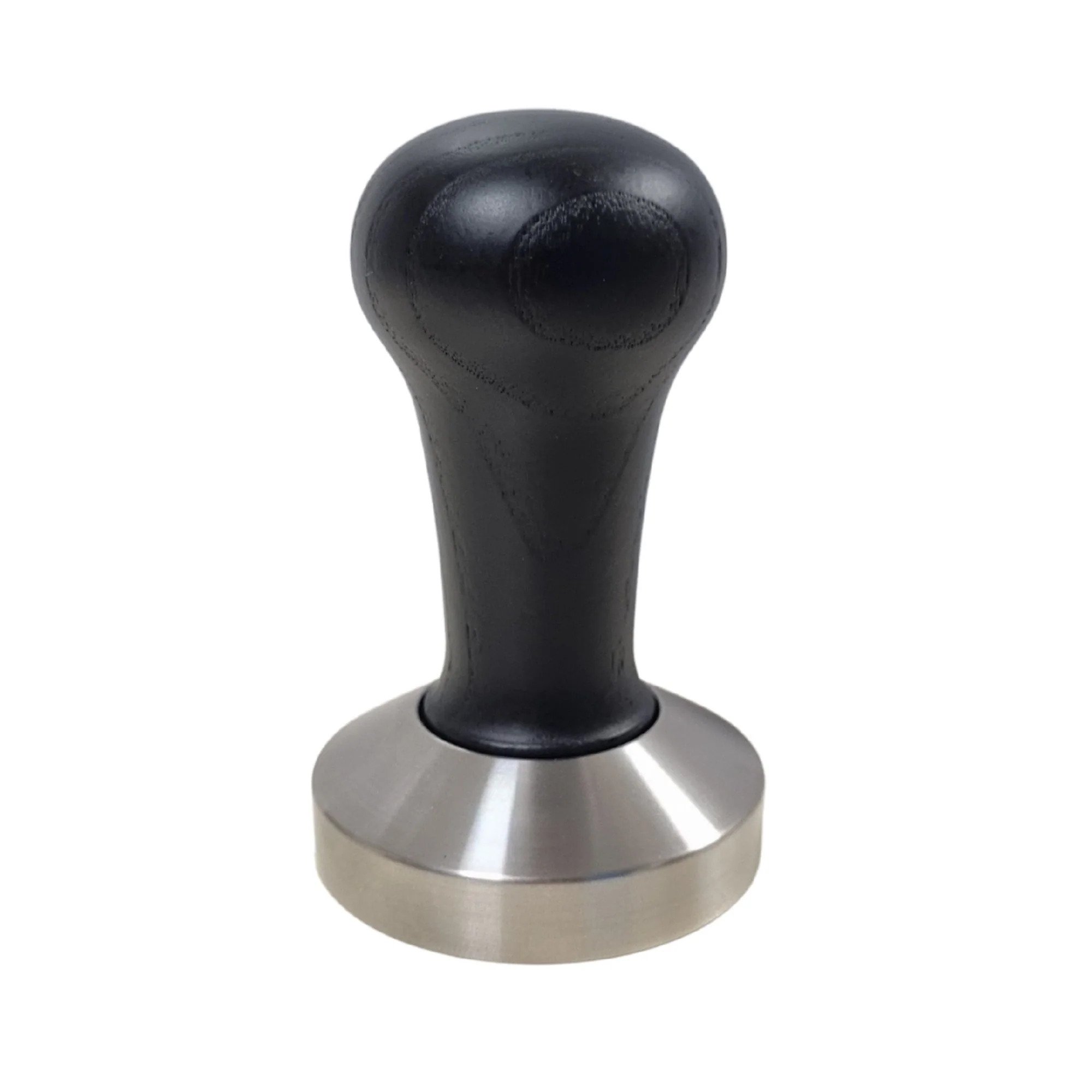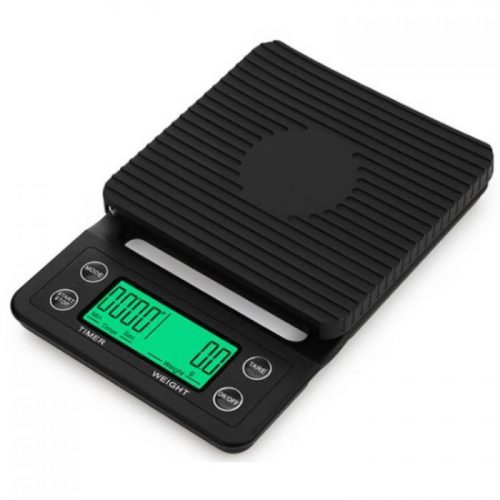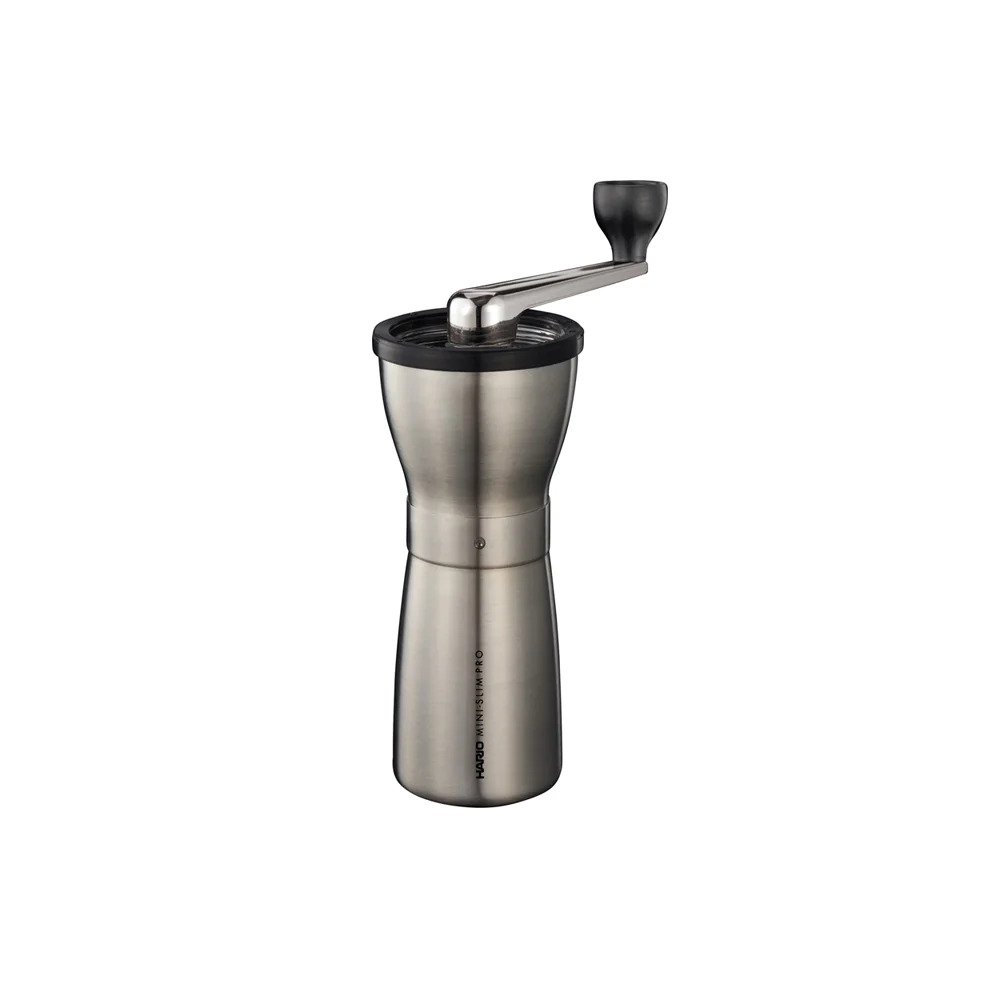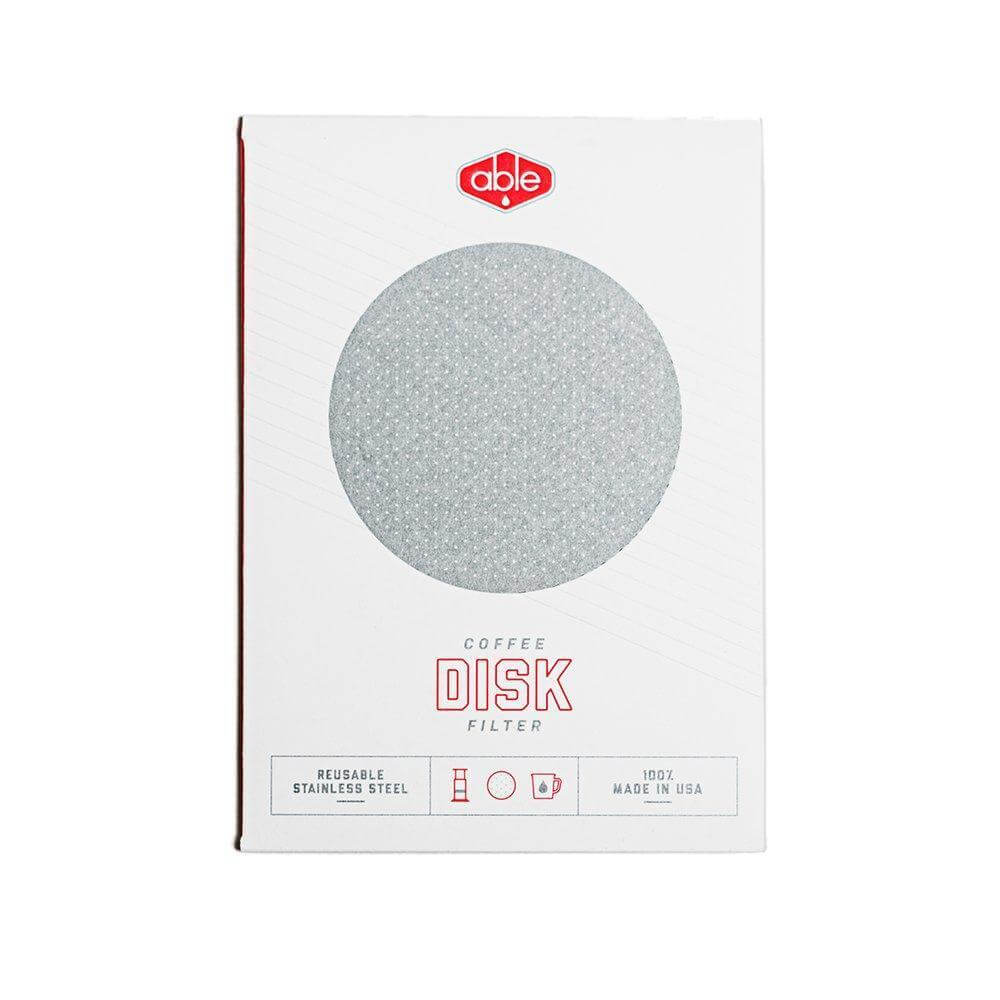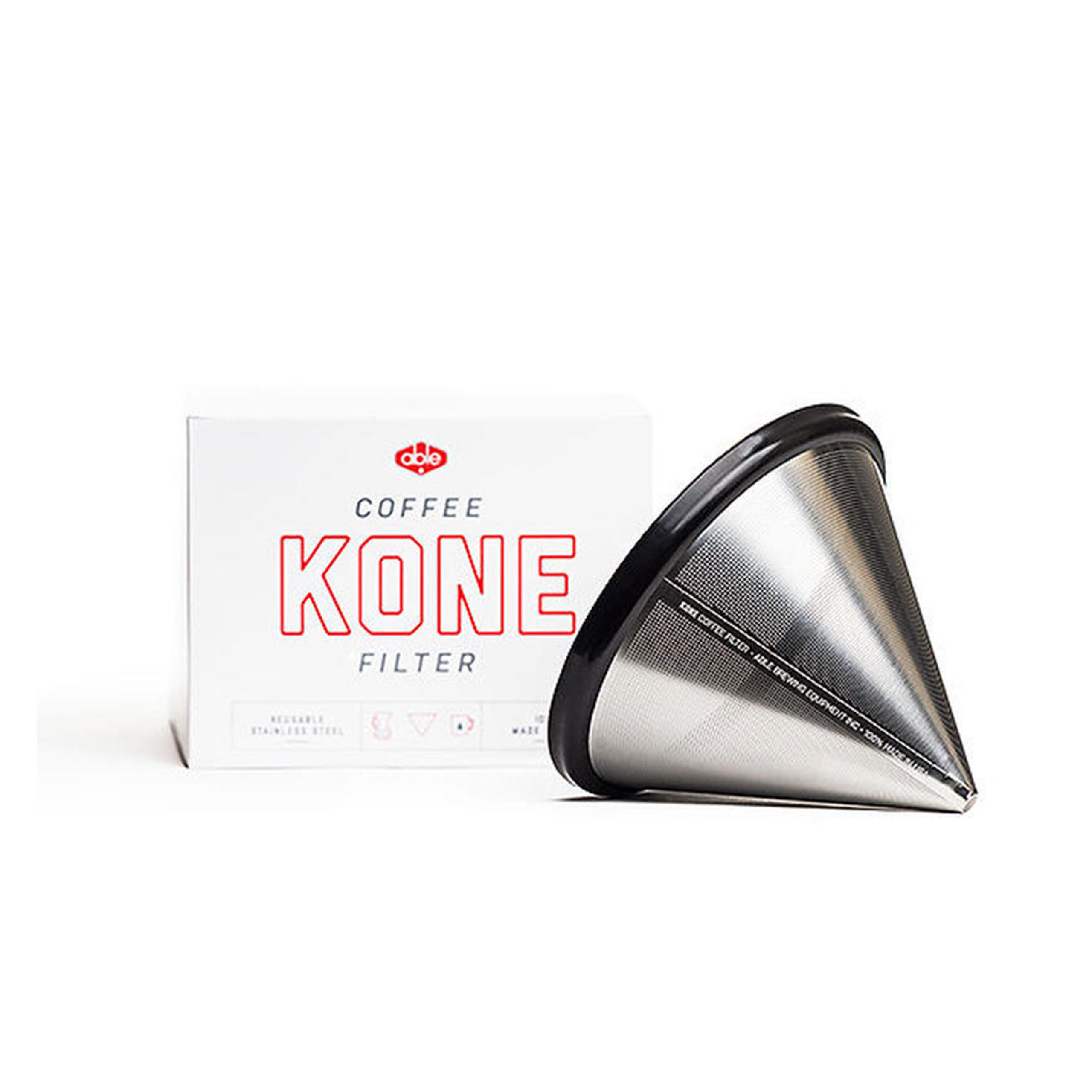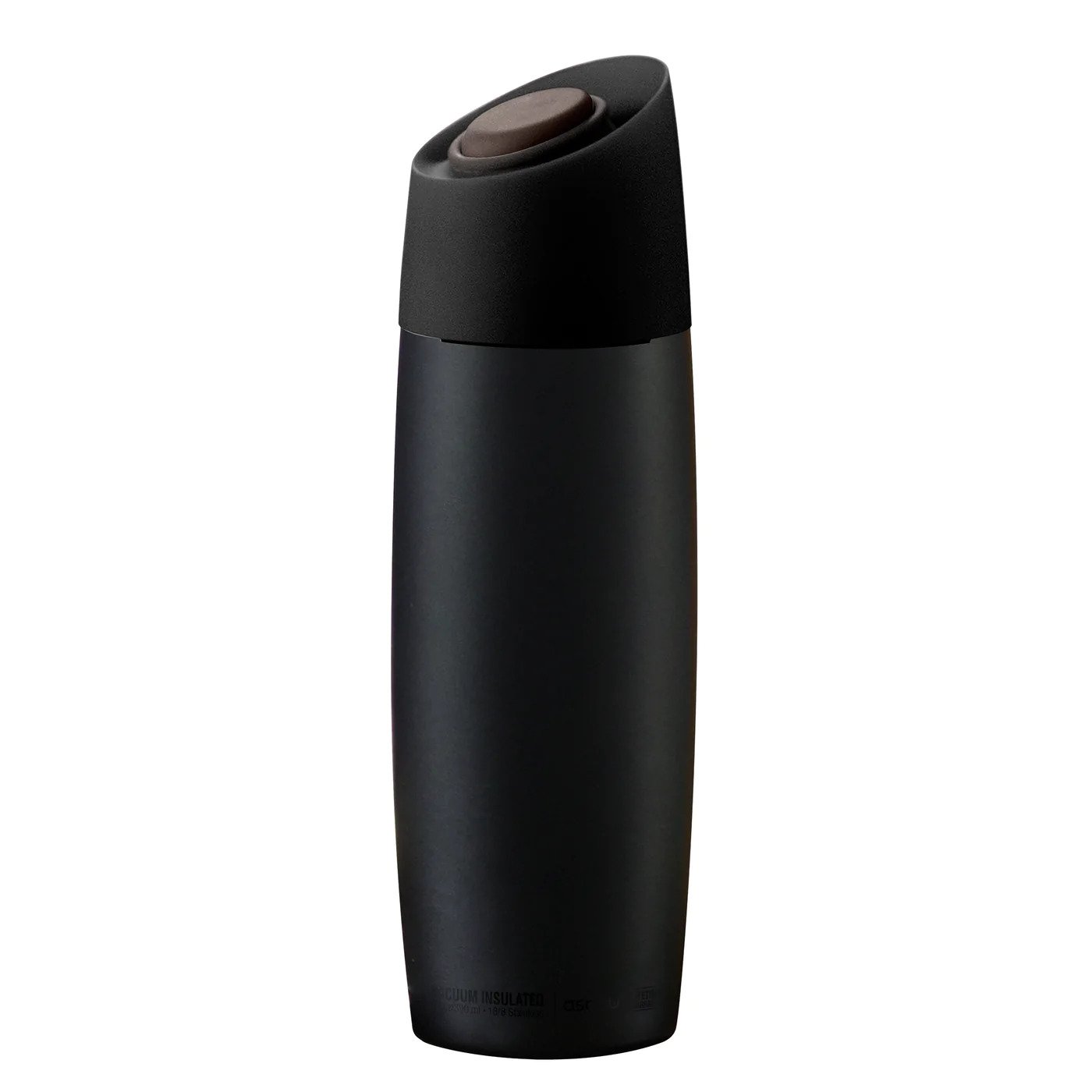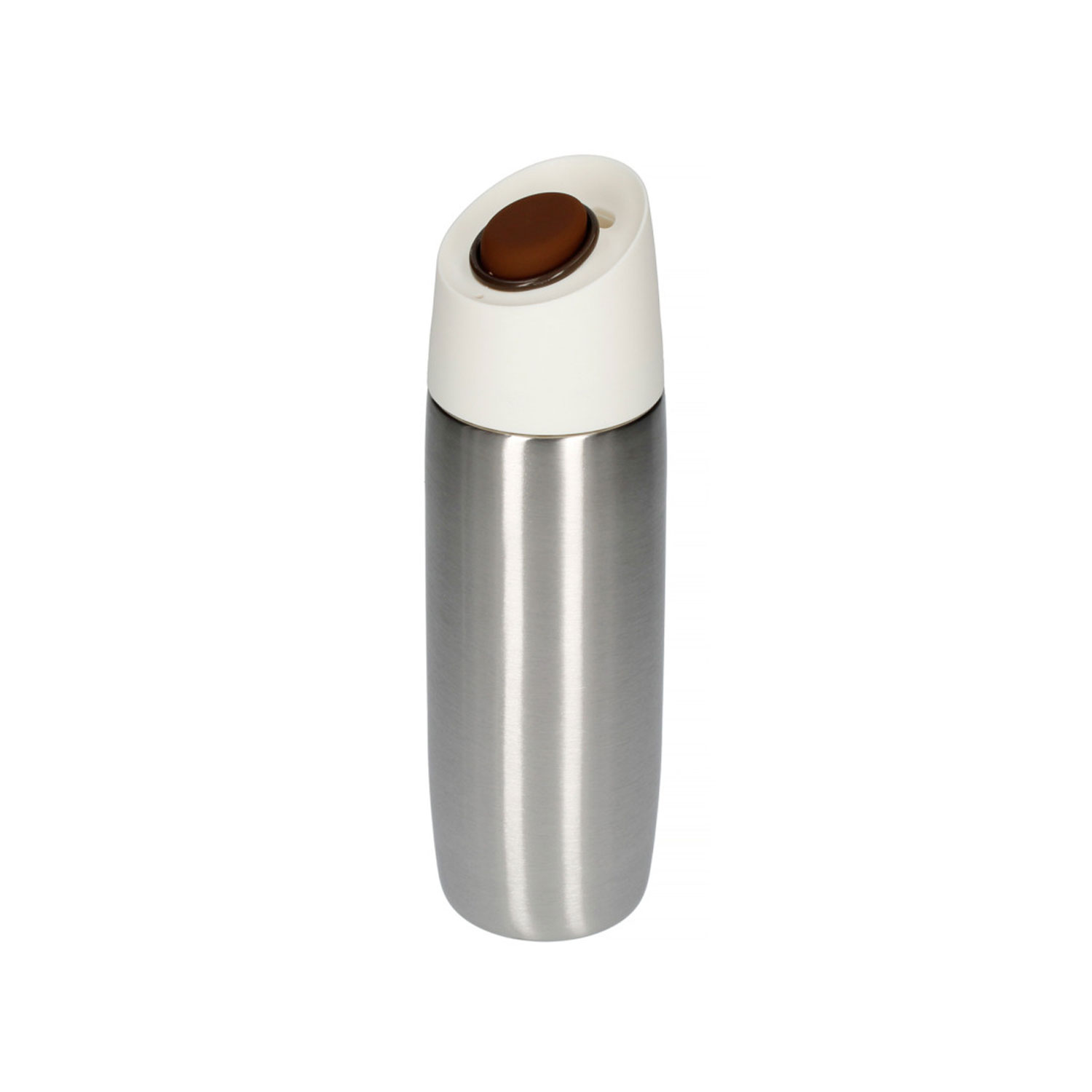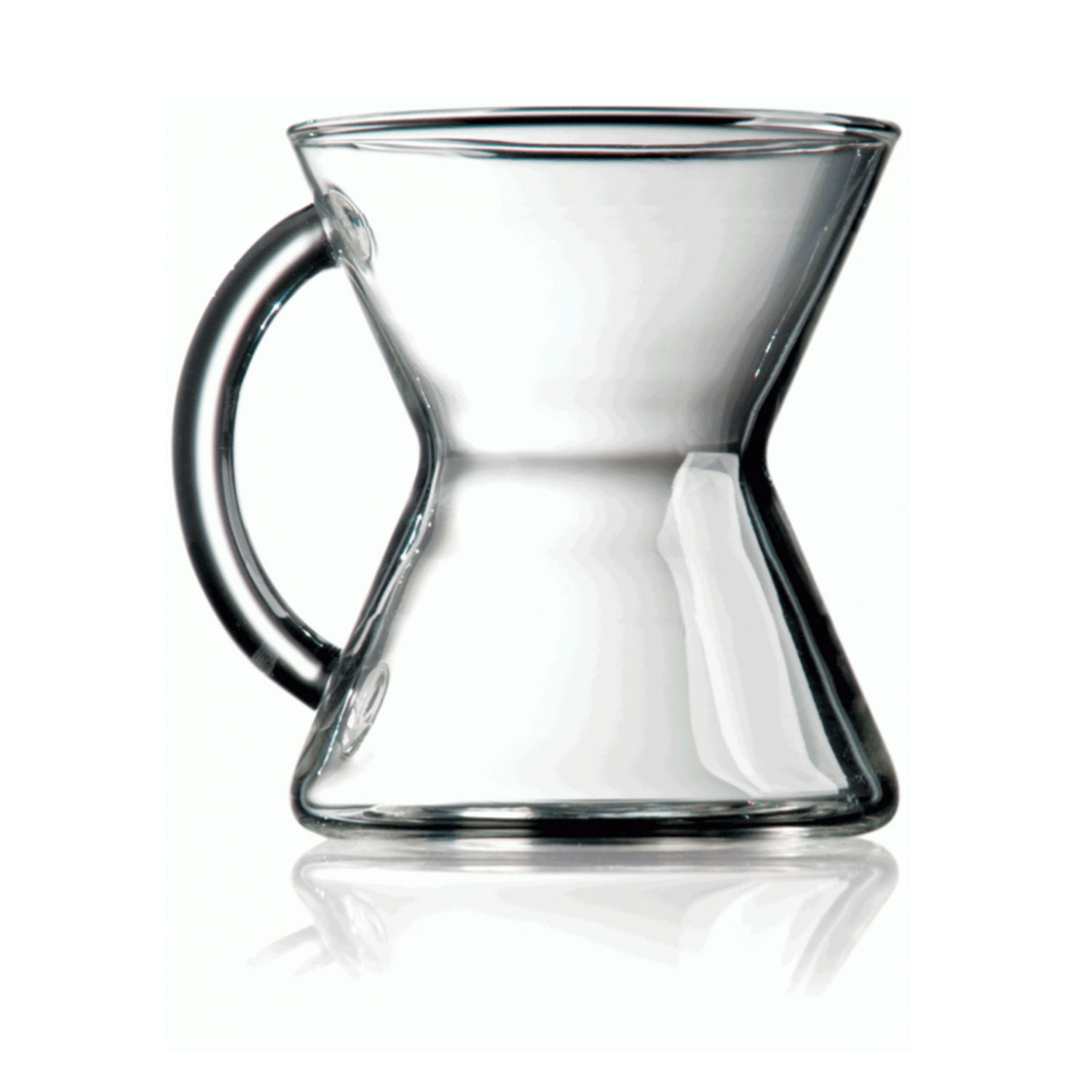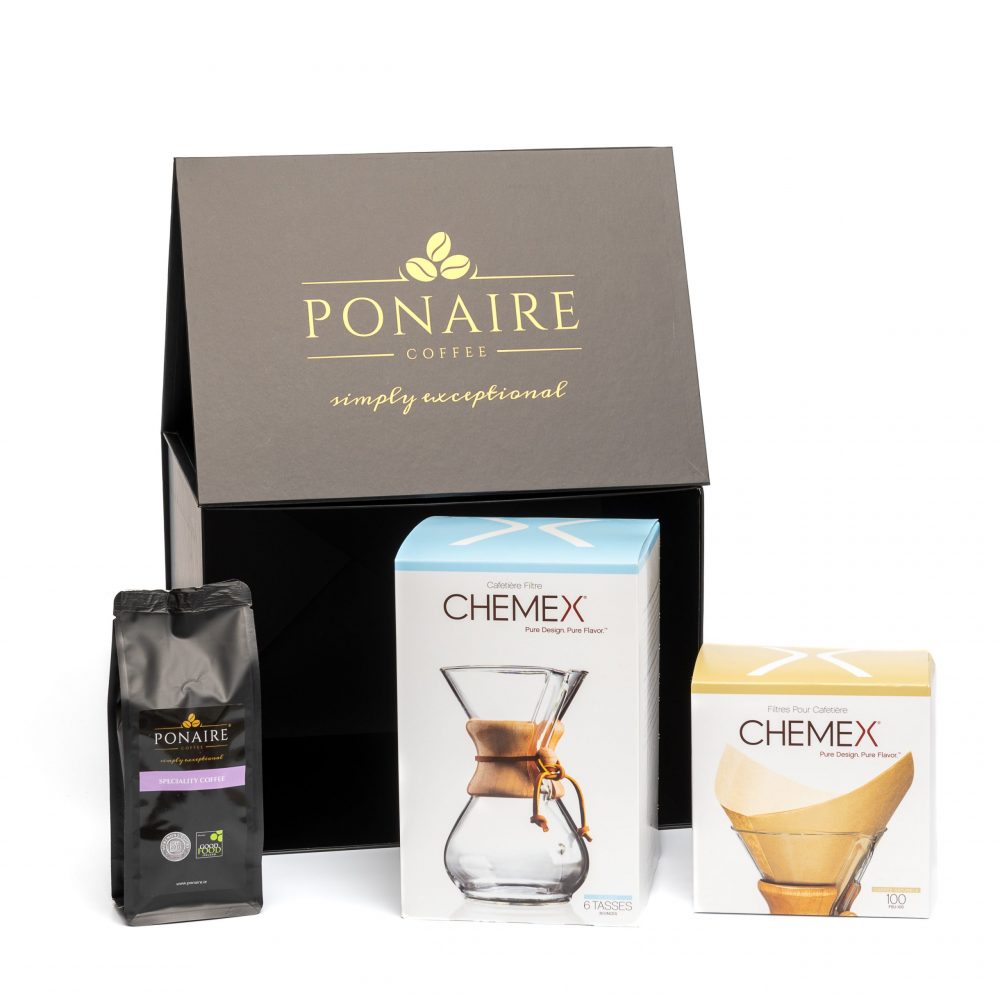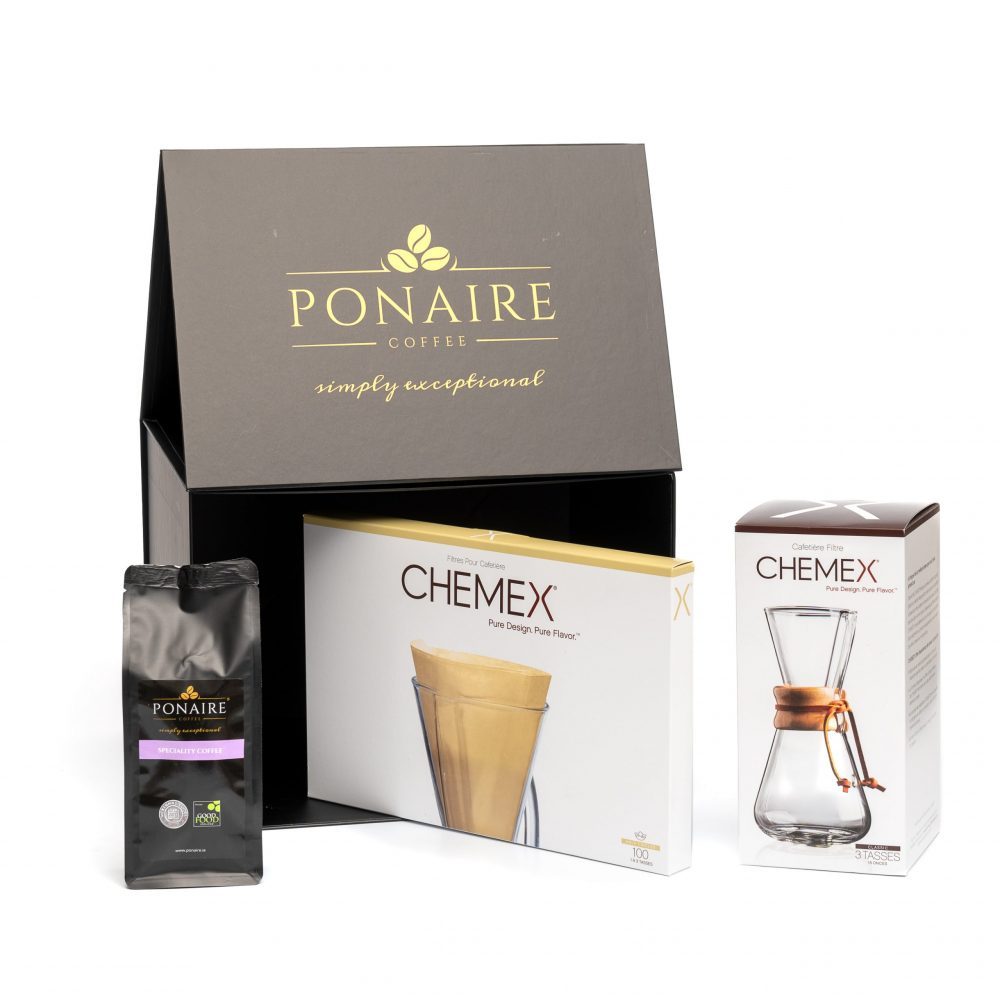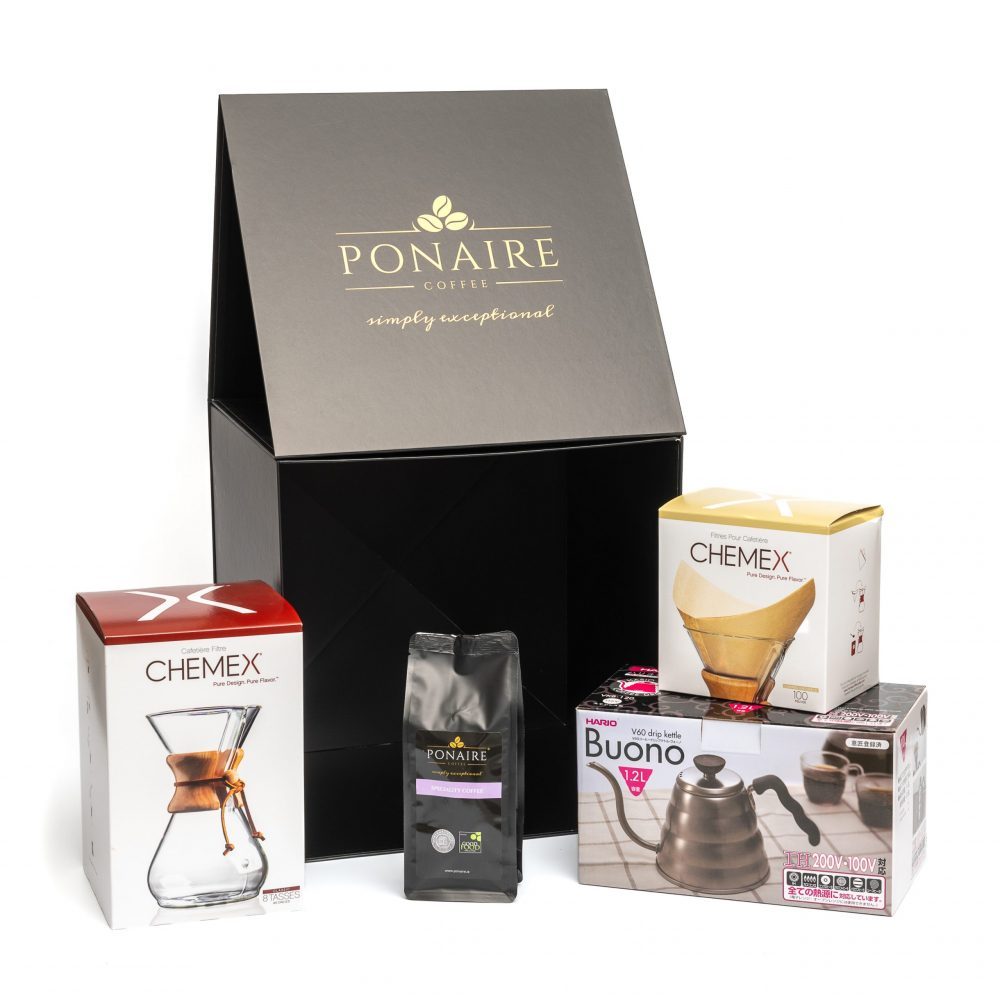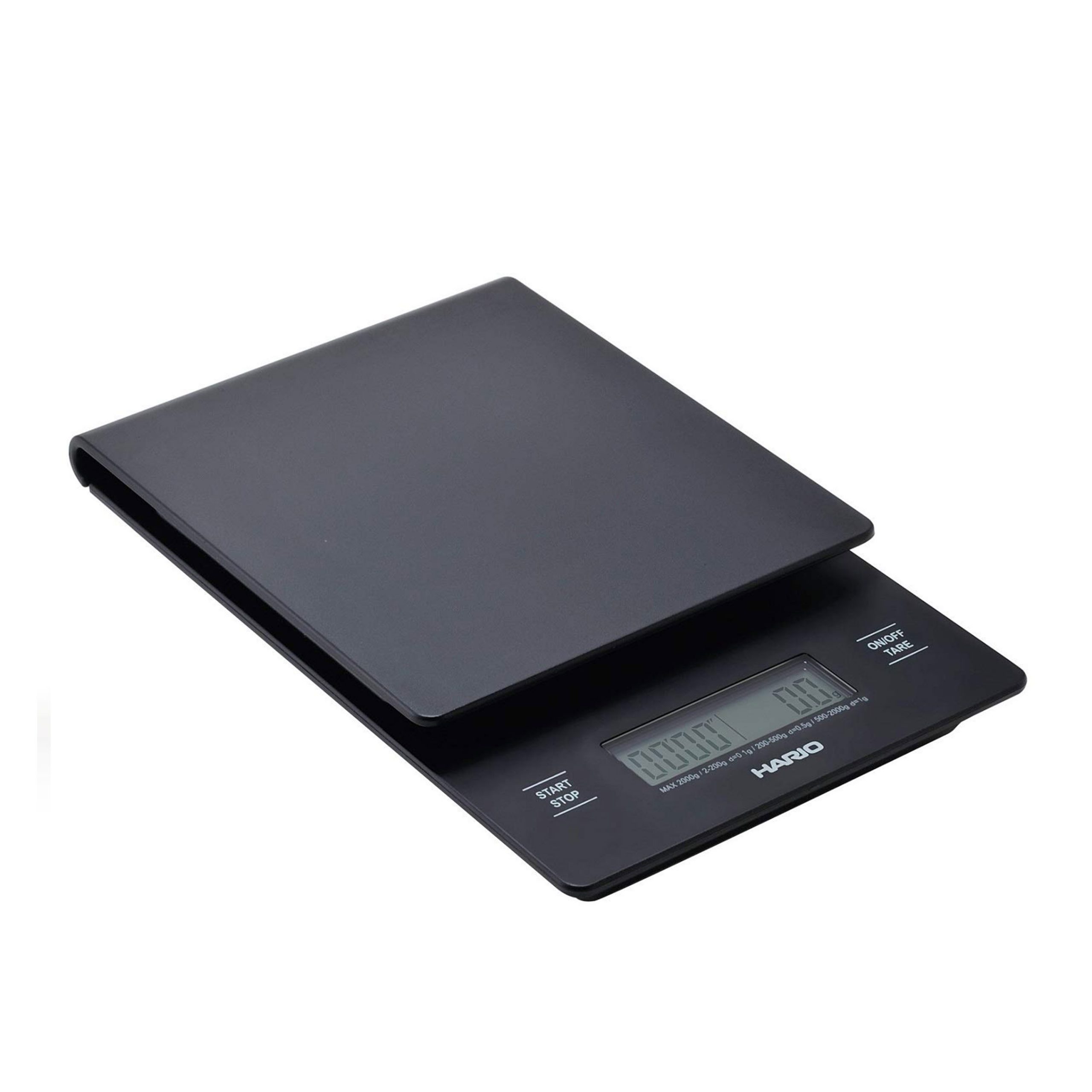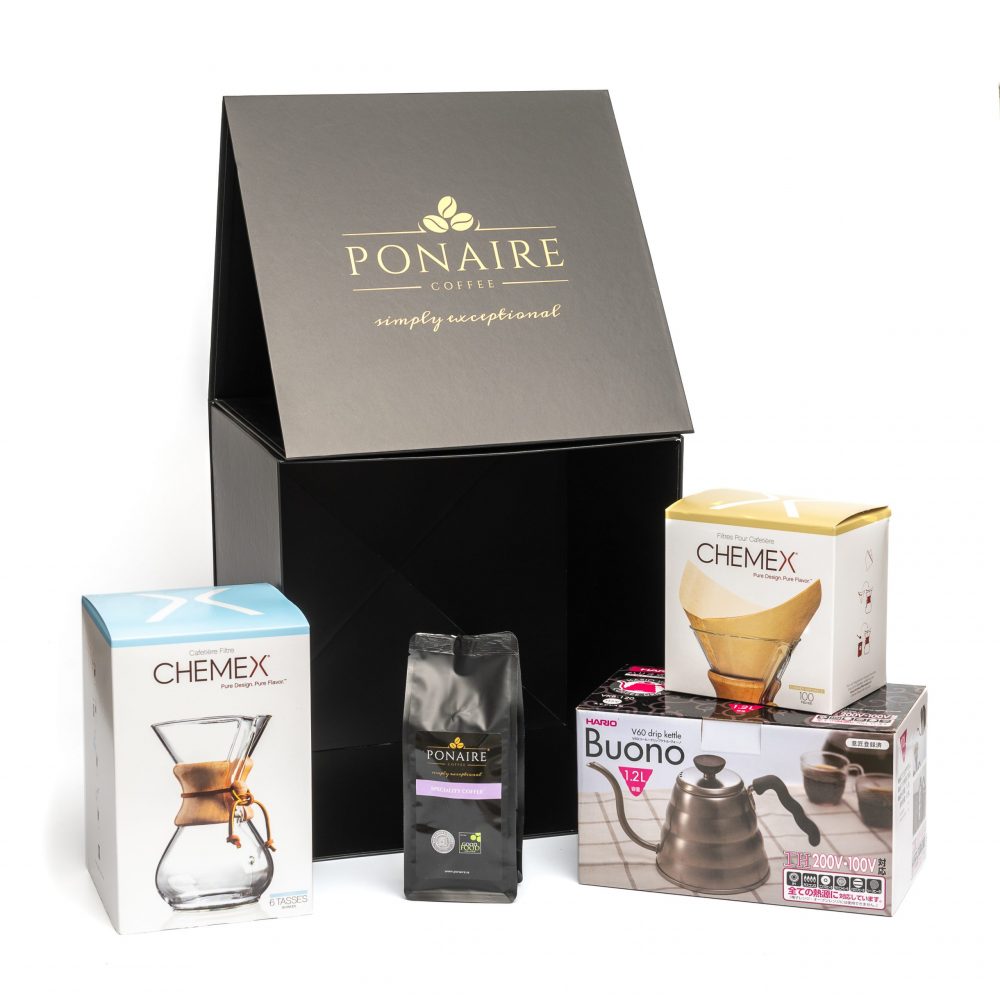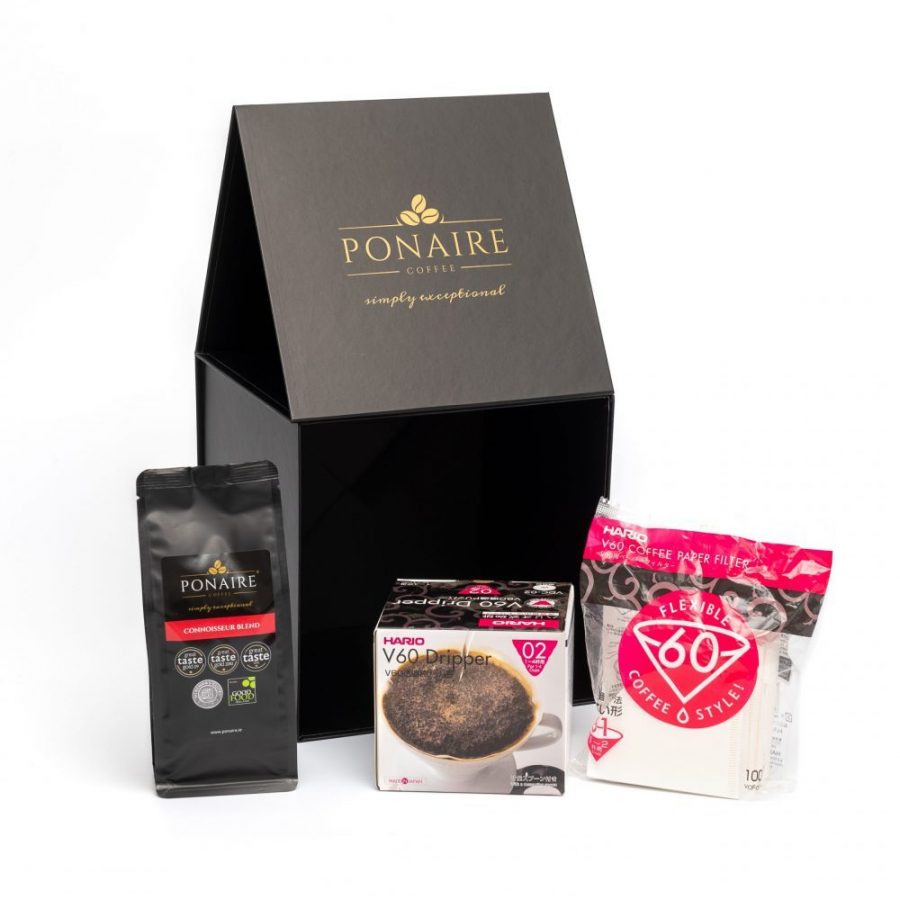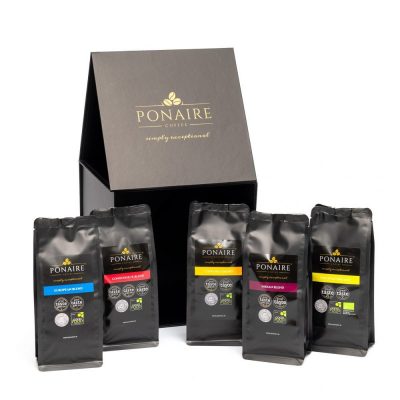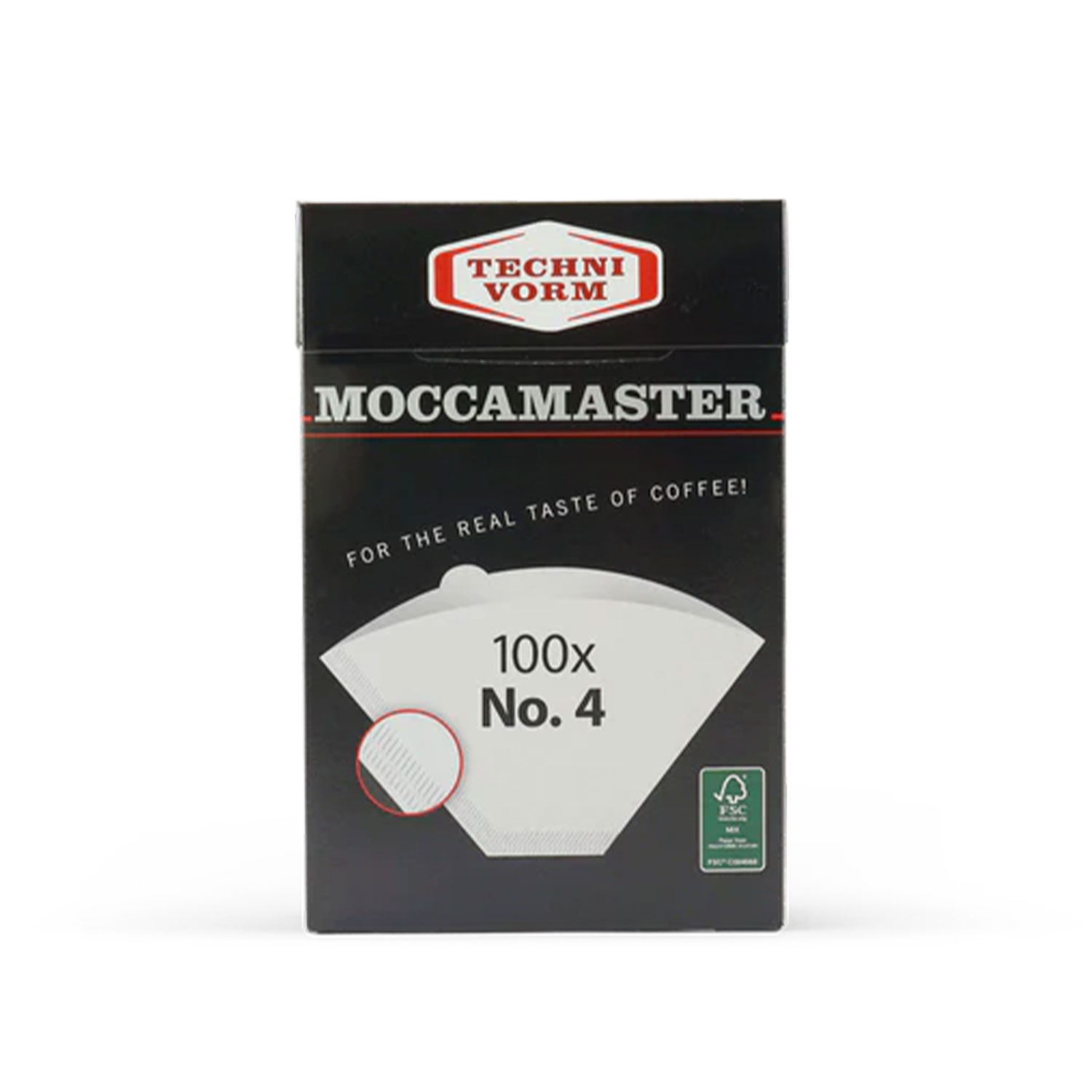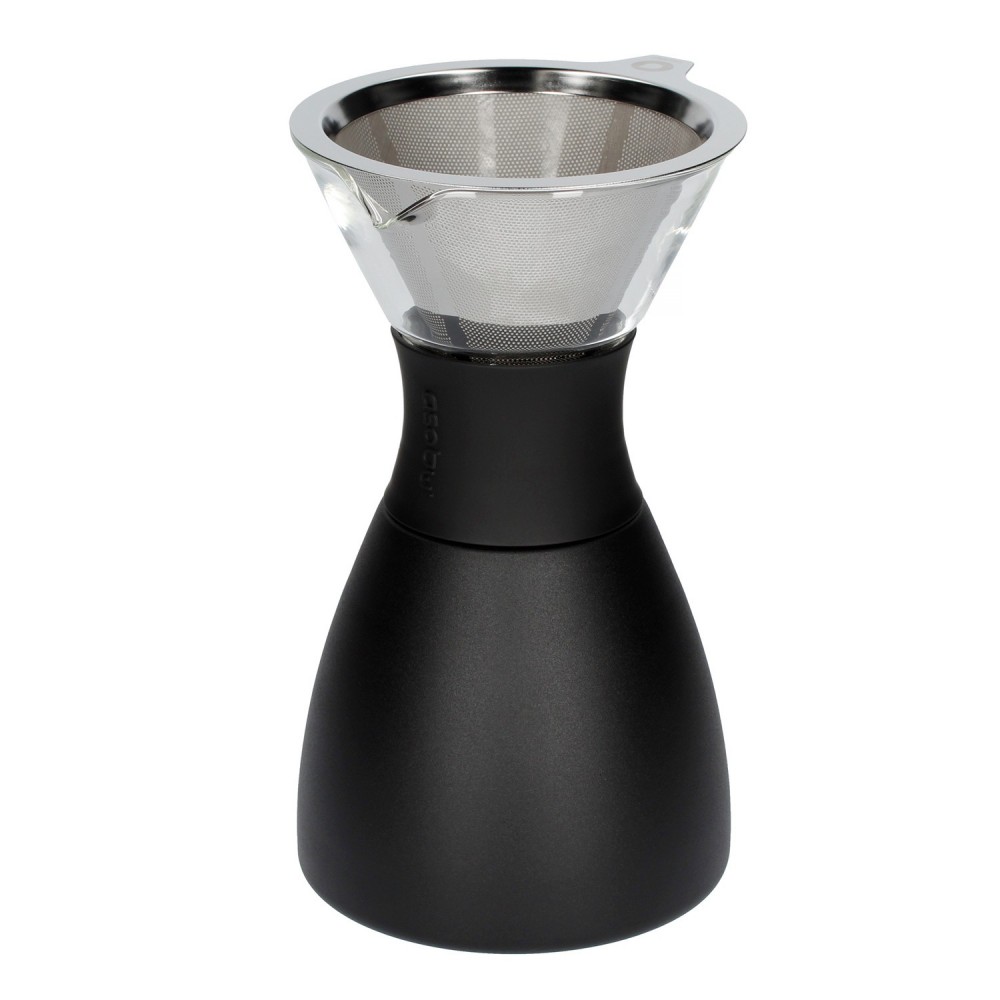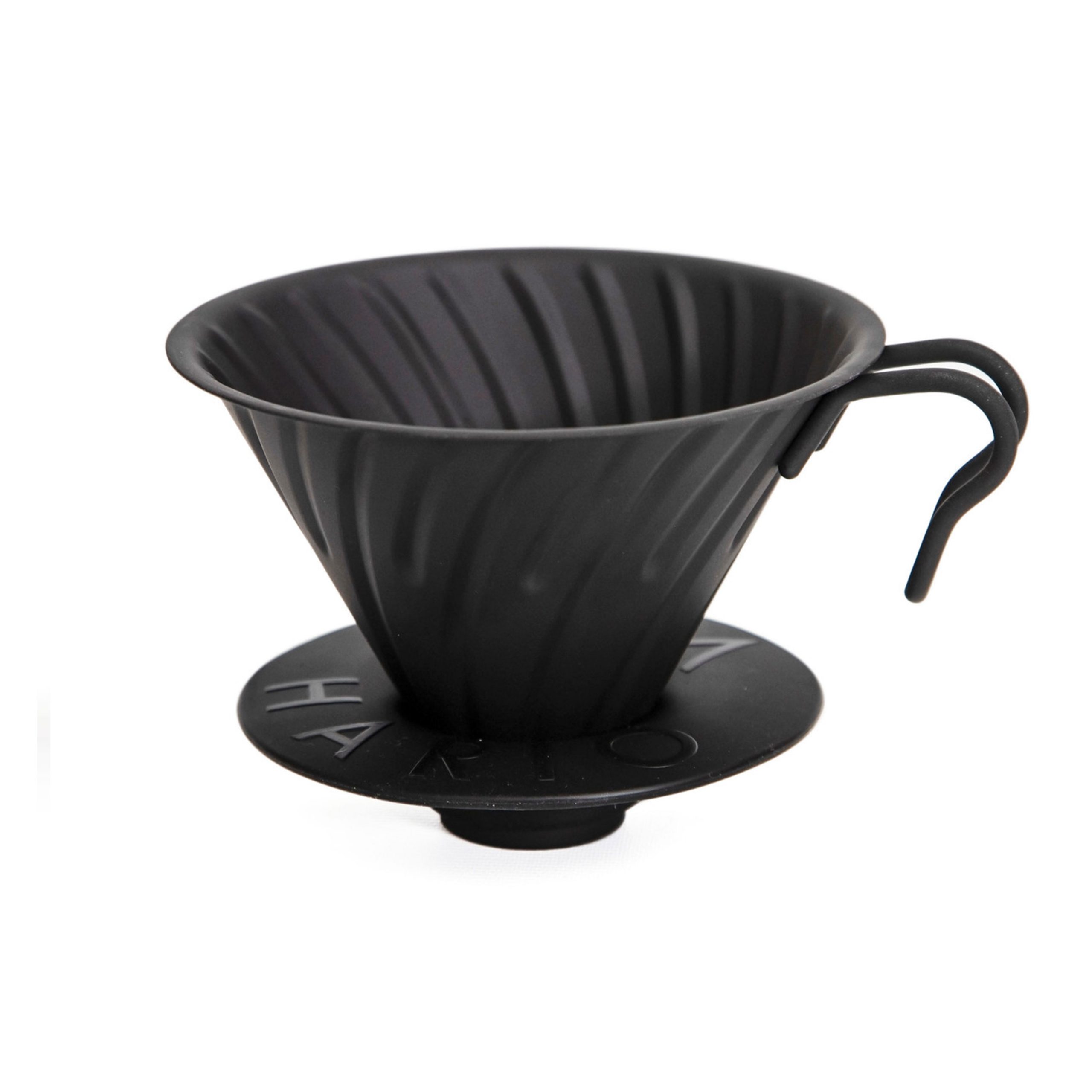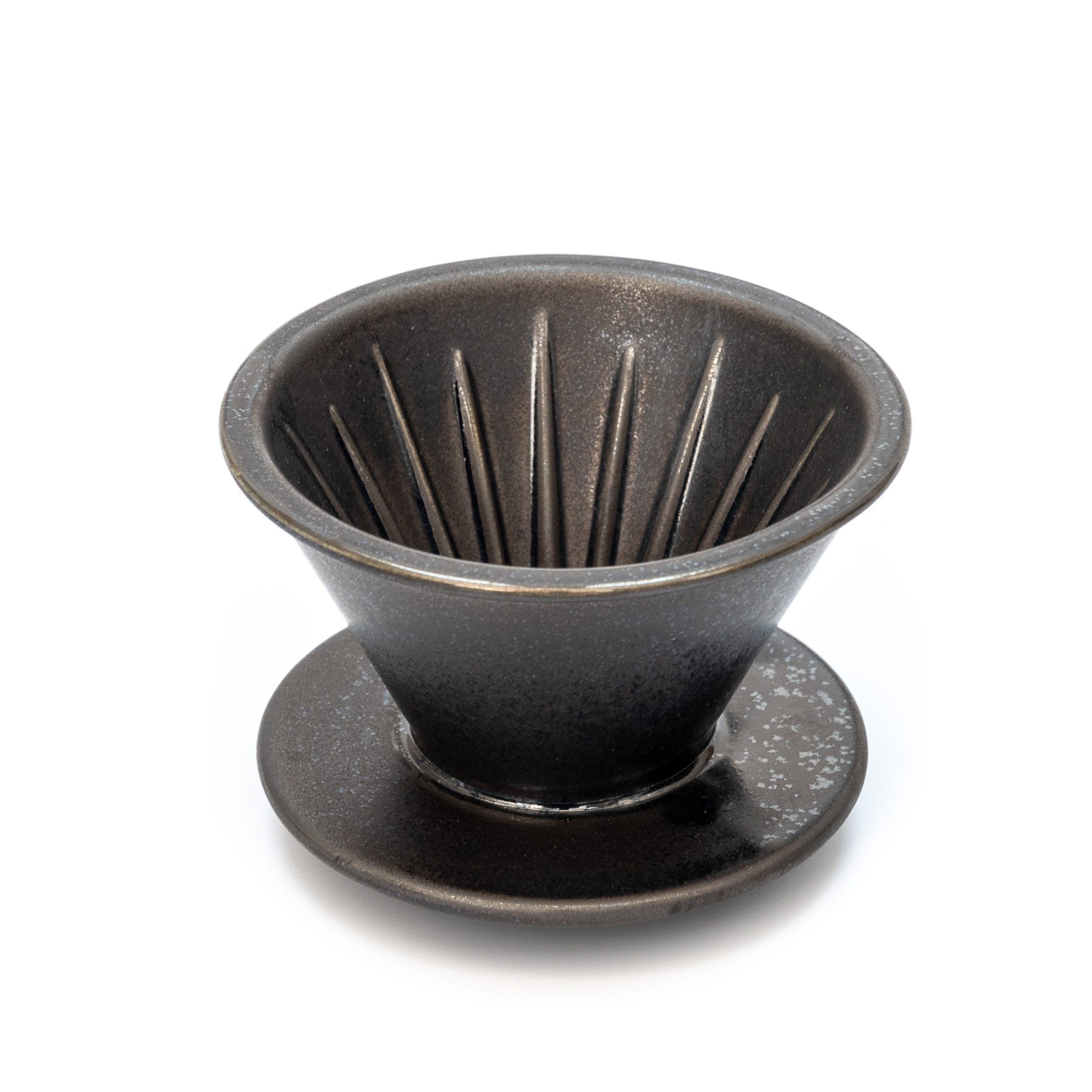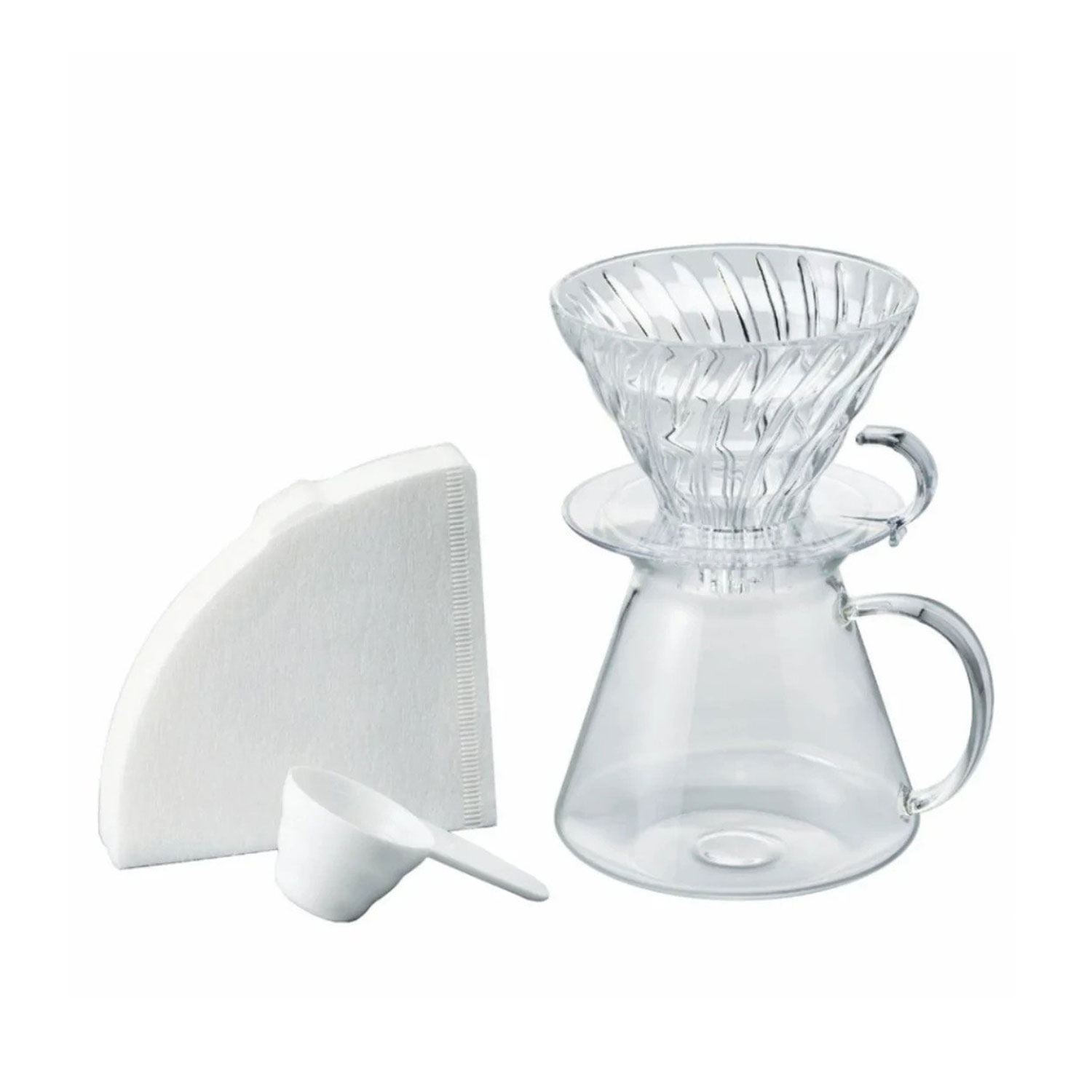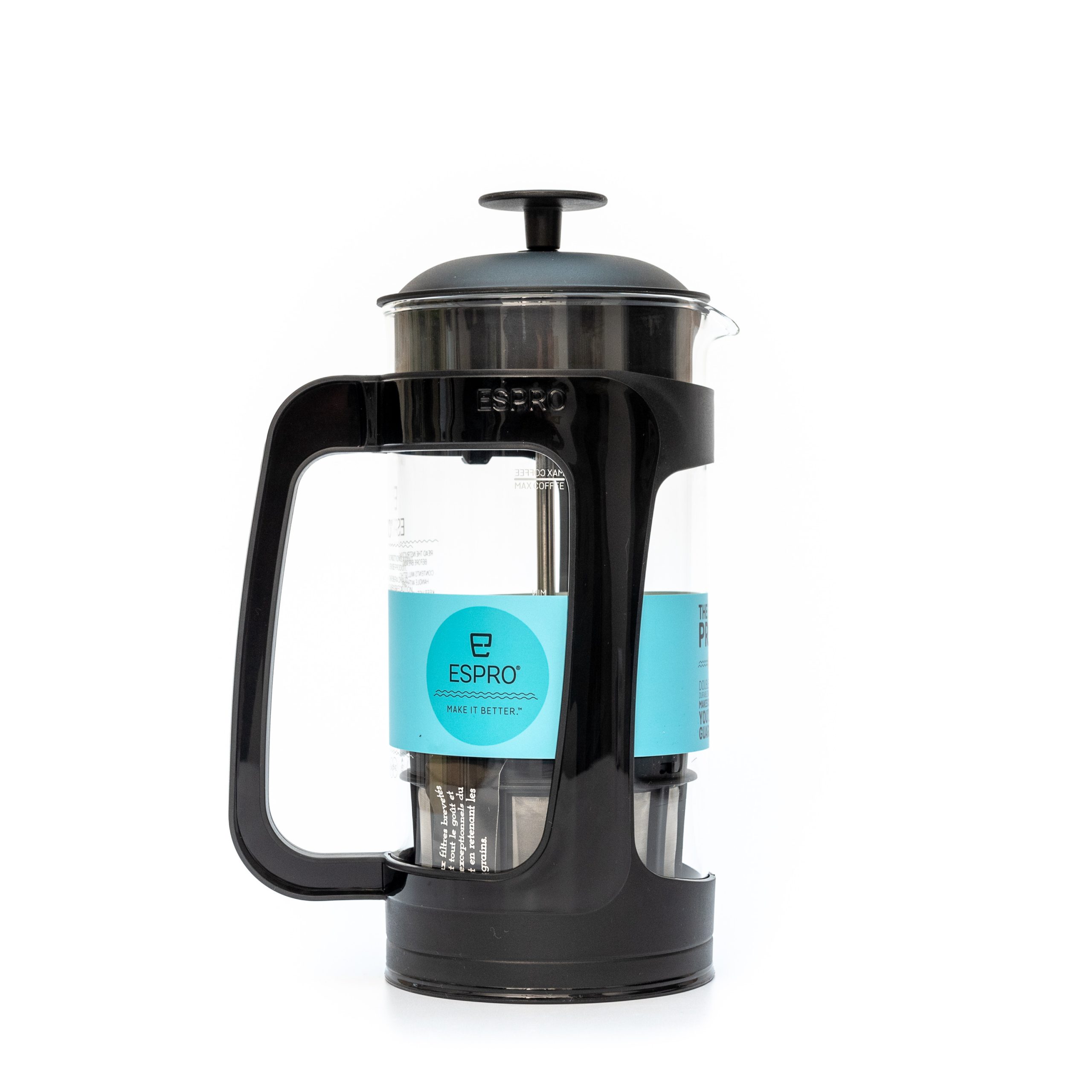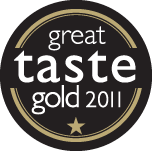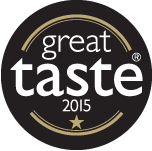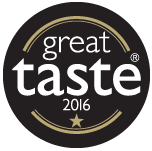Ponaire’s Regions and Farms
All of our beans are Arabica and were selected for their taste and quality.
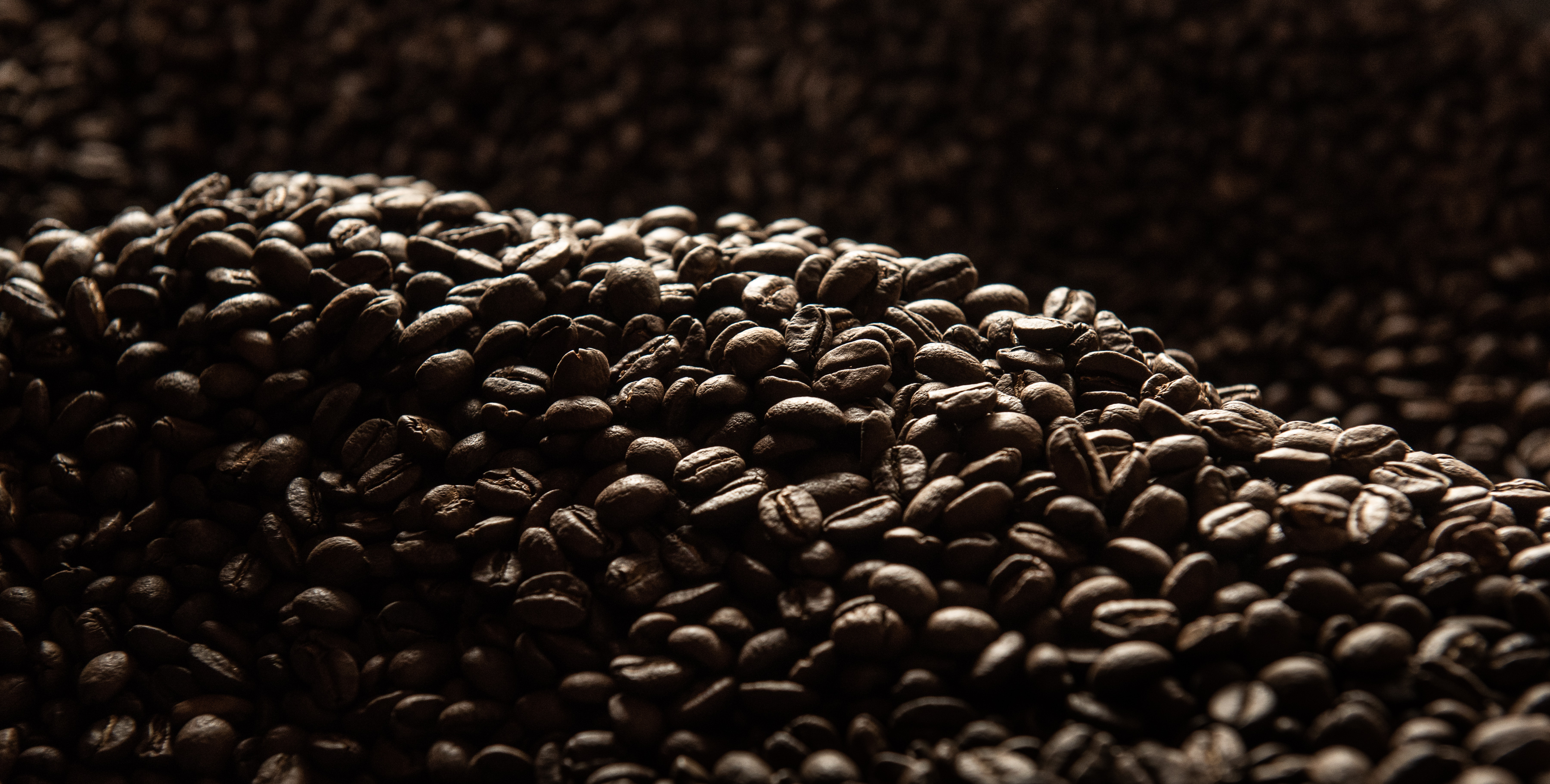
Our Coffee Beans
No matter how you like to drink your coffee, it all starts with the beans…
-
LivIcons Evolution
Ponaire has access to over 90 different green (un-roasted) coffee beans from over 20 countries around the world
-
LivIcons Evolution
We import only high grade Arabica beans from around the world – India, Indonesia, Colombia, Nicaragua, Costa Rica, Brazil, El Salvador, Honduras, to name a few
-
LivIcons Evolution
Our green beans are grade AA, AA++, or AAA
-
LivIcons Evolution
Our beans are selected for their quality and taste from sources that support the local producer, their community and farm in a sustainable manner.
-
LivIcons Evolution
Ponaire is Organic Certified and offer Speciality Organic coffees from Peru and Honduras
We source from the following regions and farms:
El Salvador
Having visited this farm in 2015, and met the Humberta Barerra (the owner) and his farm managers who live with their families on the farm, we decided to buy their entire crop of speciality Altarima Finca crop – a mix of Pacas and Bourbon varietals that are fragrant, fruity, rich and smooth.
The beans are hand-picked in waves as they reach their prime ripeness. They are wet processed and patio dried under the beautiful sunny blue skies of El Salvador.
While in El Salvador we cupped many coffees and found subtle differences in their floral sweetness. Not only did we visit the farm, but we also visited and met with the owner of the local cooperative that processes the beans from many local farms.
Columbia
In October 2018, Jennifer was invited Colombia to judge coffees for the auctions and to see how coffee is grown, harvested and processed on Colombian farms. We cupped and judged 66 coffees in one day at the National Coffee Research Centre, Cenicafé.
Visiting and touring Cenicafé, Colombia’s 80-year-old National Coffee Research Centre was one of the highlights of the trip. It is one of the world’s leading centres for scientific coffee research, looking for innovative ways to increase sustainability, improve quality, raise yields, mitigate the effects of pests and plant diseases, and much more. As part of the Colombian Coffee Growers Federation (FNC), their mission is to improve the lives of the hundreds of thousands of small family farmers who grow coffee for export.
Jennifer visited small farms managed completely by women and also a very large family run farm San Alberto) that is one of very few in Colombia that roasts its own coffee and has cafes throughout Colombia. Below is a picture of us cupping coffees at the San Alberto farm and of their café.
The FNC is encouraging farmers to experiment with new ways to process the coffee cherries in order to increase the Speciality Scores for the coffees. Many farms are using new fermentation techniques to develop more distinctive flavour of their coffees, enabling them to differentiate their coffees from the ‘regular’ Colombian coffee traits.
Another highlight of this trip was attending the coffee auction in Bogata. It was so exciting and a bit overwhelming to see the tears of joy for the families of coffees farmers to be rewarded for all their hard work in producing winning coffees.
We use high grade Arabica coffee from the world’s 2nd largest producer. The coffee is grown in what is regarded by many as the best coffee growing region of Colombia, namely Medellin.
The coffee produced has a rich, nutty taste and is a good all round cup of coffee.
India
Indian Monsoon Malabar. Monsoon Malabar is a process applied to coffee beans whereby the harvested coffee seeds are exposed to the monsoon rain and winds for a period of about three to four months, causing the beans to swell and lose the original acidity, resulting in a flavour profile with a practically neutral pH balance.
The coffee is unique to the Malabar Coast of Karnataka and Kerala in India. These beans look different in their raw form – they are light in colour (like peanuts) and plumper and cleaner than most coffee beans.
Costa Rica
We use a variety of Costa Rica beans. Our Costa Rica Beans are Shade-Grown Coffee, which translates into a healthy rainforest – also referred to as bird-friendly. This means the indigenous rainforest canopy has been left intact, rather than clearing the forest to maximize planting.
Many species of migratory birds, insects and other creatures such as frogs and lizards live in these shady coffee farms. By growing coffee amongst the natural fauna of the Costa Rican rainforest we ensure that the many nutrients found in roots, decomposing plant matter and the natural mineral content of the volcanic soil are all retained, further adding to our coffee’s intense flavour.
Indonesia
The Island of Java is located on the south east of Sumatra in Indonesia. Coffees from this region tend to have deep body and bold flavours. The coffee we source from this region is from the Java Blawan Estates and exhibits a nice perfumey aroma with a hint of floral, jasmine and spice.
It is clean and rich with a fabulously smooth finish. In 2013, we visited Indonesia to visit the farms. We were surprised to learn that coffee in Indonesia is often grown amongst a variety of other crops–green beans, ginger, corn, mangoes, papaya, tomatoes, chillies, etc–everything to sustain the farmer the local village year round.
Nicaragua
We import high quality Nicaraguan beans that are graded AAA and of screen size 18. We roast these beans through first crack until they are satiny smooth and slightly shiny to produce a sweet, balanced, rich, full-bodied coffee, with an emphasis on the low-toned chocolate and apricot/papaya side of the fruit sensation than on the higher-toned, floral, citrus side. We import mainly from two farms: Matagala Cavvallino and Hacienda Sajonia – a farm is run by two English brothers, Tom and Matt Hills who settled in Nicaragua in 2010.
Hacienda Sajonia is located in northern Nicaragua and situated in the beautiful El Diablo – Datanli natural reserve high up in the mountains between Matagalpa & Jinotega.
The Hill brothers have a 10 year plan to rebuild the original farm and sustainably cultivate Catura, Catuai, Pacamara, Java, Catimor and numerous microlots of specific varietals. They have a strong mantra for sustainability that extends not just to the coffees, but also to the environment, their community and economics.
Ethiopia
In 2016, Brendan, Ponaire’s Master Roaster visited a number of farms in Ethiopia. During his visit, he saw a wide variety of methods of growing coffee, including wild coffee plants in natural forests.
Yirgacheffee. An exclusive mocha grown on the Southern Ethiopian highlands at an altitude of 2,400 metres, this coffee is a stand out for its elegance and sumptuous aromas with floral nose with hints of jasmine.
Gugi Highlands Honey Natural. Ponaire discovered these beans while on a coffee trip in Ethiopia in January 2016. On one farm trip, as he was walking among the coffee shrubs/trees, he noticed ‘insects’ flying in and out of holes at the base of the plants. He said nothing but when the farm manager, Jaques, gave him some coffee to taste, Brendan noticed a distinct honey flavour. Jaques smiled at him and said he noticed Brendan watching the ‘insects’ at the base of the plants. He then explained to the group why the coffee had such a honey sweetness to it – the ‘insects’ where in fact bees flying into their hives in the earth under the coffee plants! This is an example of true terroir – where the quality of the land, the climate, farming practices, and environment imparts distinct flavours to the coffee.
The beans from these trees definitely reflect their terrior! The beans are dry-processed with some of their sweet cherry flesh left on them – this is why they are called ‘honey naturals’. It is a stunning coffee, grown on a unique farm resulting in natural sweetness, medium body and good brightness.
Peru
From Peru we import only Certified Organic Arabica beans. The beans are from San Ramon de Pangoa and are washed and patio dried.
Honduras
From Honduras we import Certified Organic Arabica beans.
We also import some non-Organic beans from Honduras that we use in blends. Coffees come from the Western hills of Honduras – La Paz region.
Kenya
A Mount Kenyan Beans are the largest speciality bean in Kenya. They yield complex, fruit coffee.
A very clean cup and clean medium roast. It is wet-processed and dried on raised beds.
Brazil
From Brazil we import Fairtrade Arabica beans from Pereira Estate in the high mountains of the South Minas Water Spa Circuit, near the towns of Lambari, Carmo de Minas and Sao Lourenco.
The 300 acres of the estate bring together the fundamental requirements for production of speciality coffees: altitude, climate and personal dedication.
The estate is highly dependent on manual labour as a result of its mountainous terrain. About 12 families live on the farm, which has 35 year round employees.
The estate offers benefits to their employees, including schools, Family Health Program and good quality housing.


